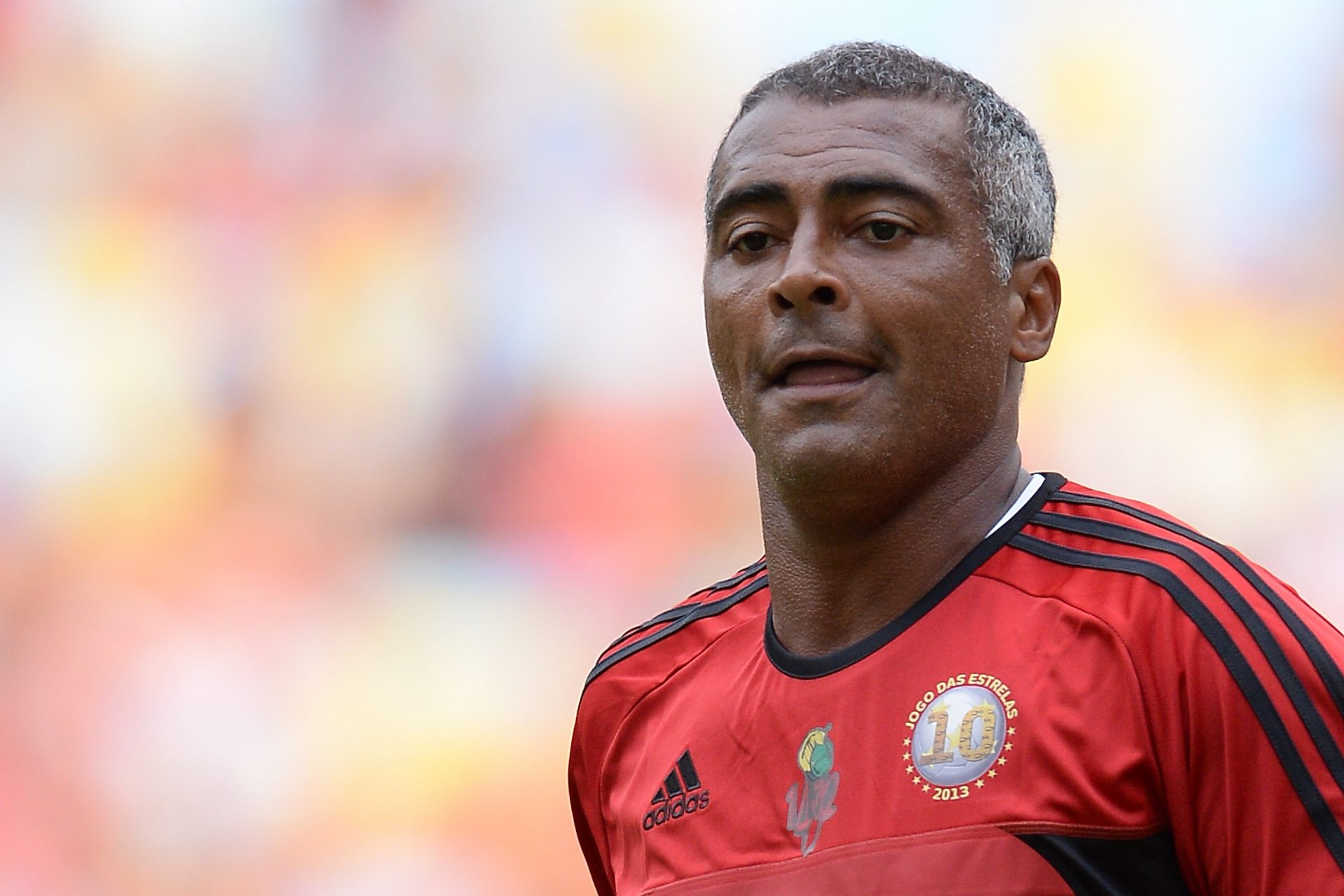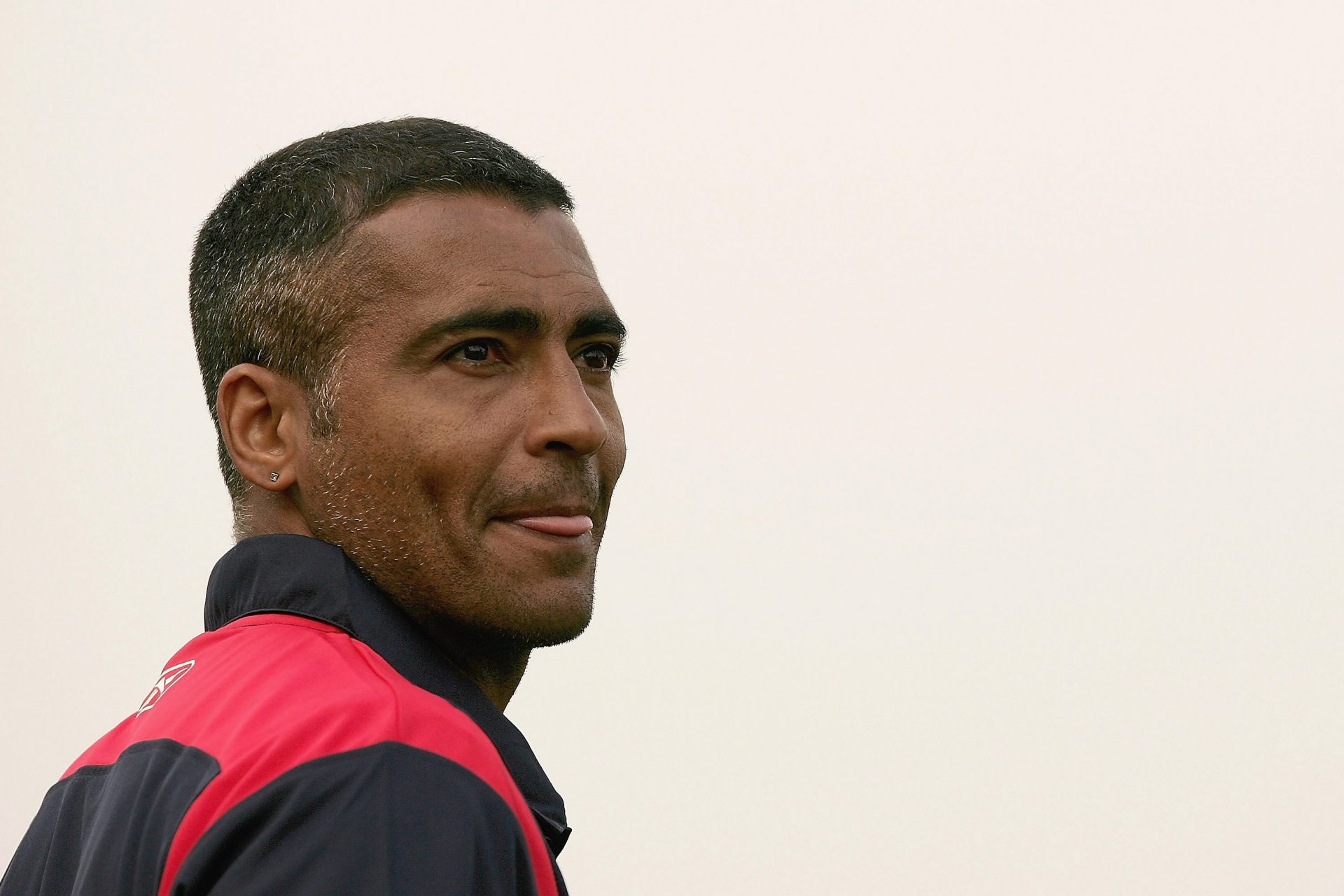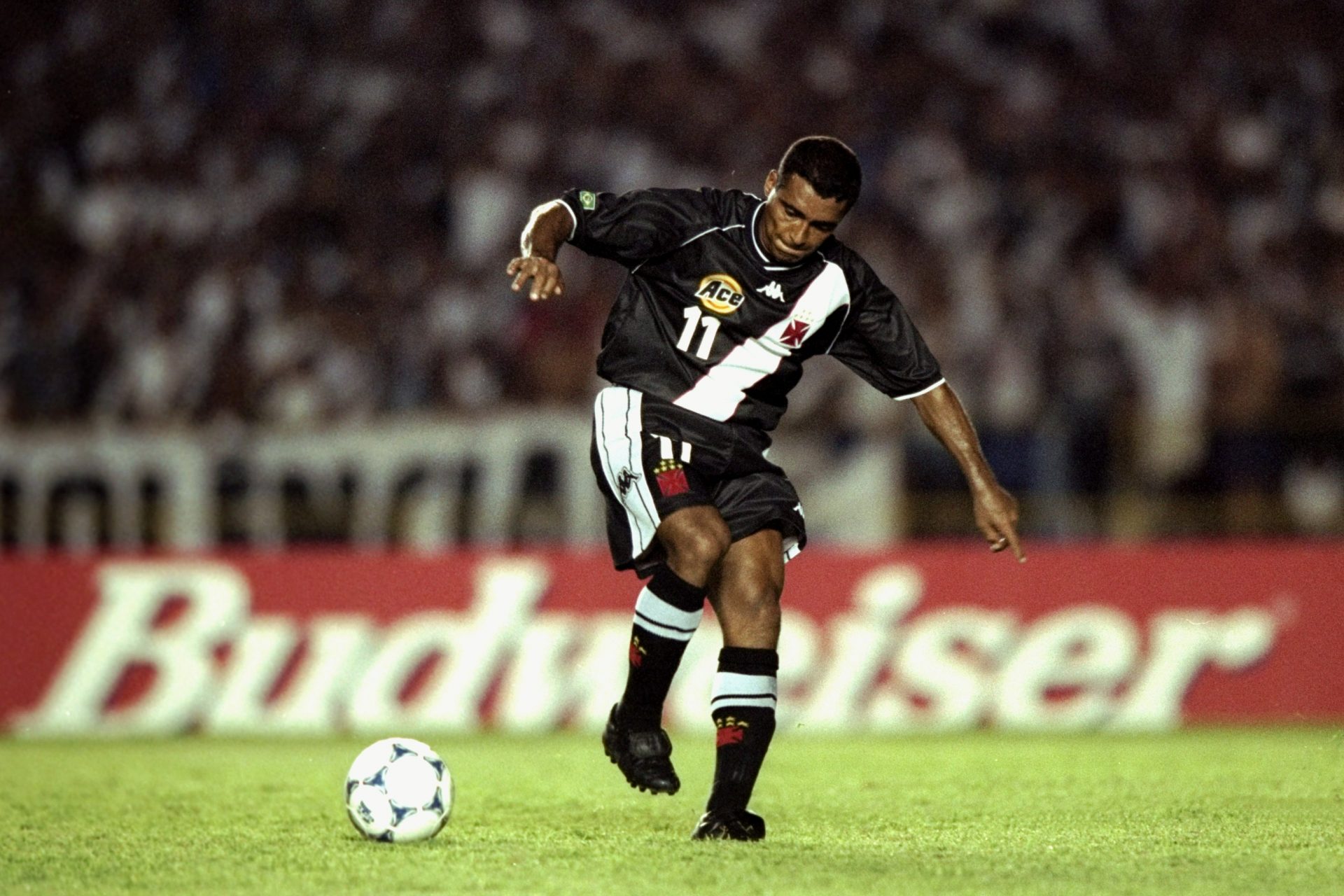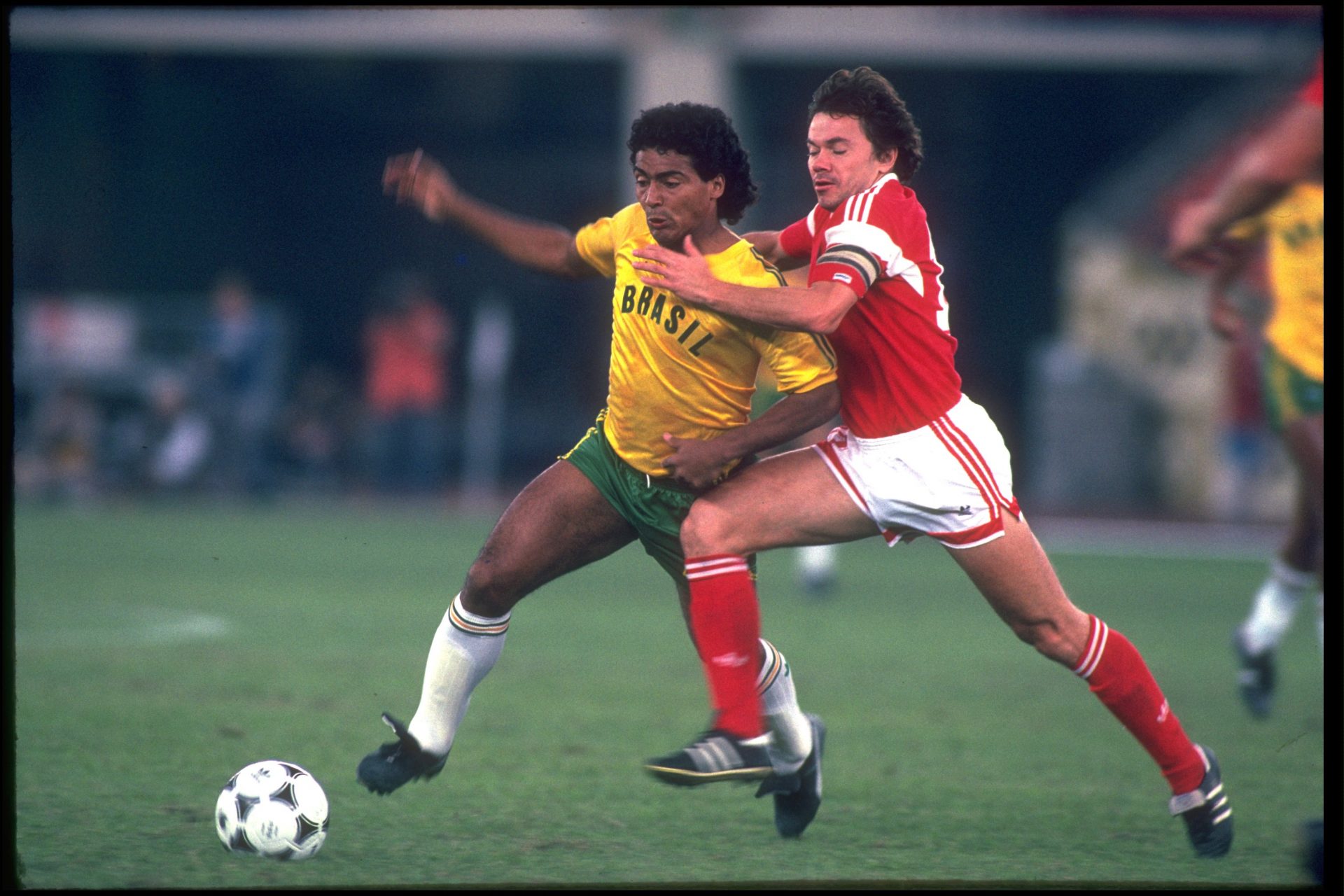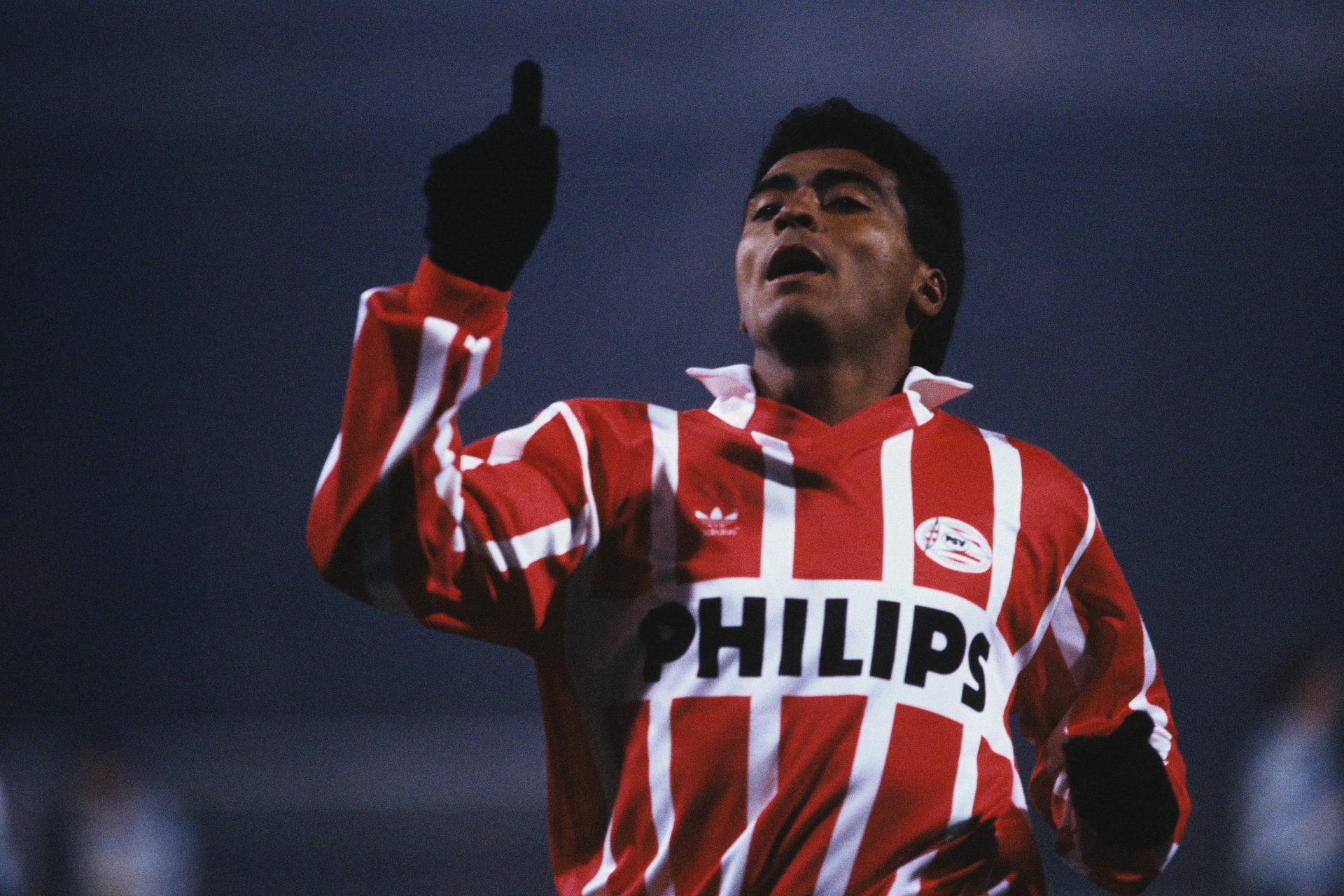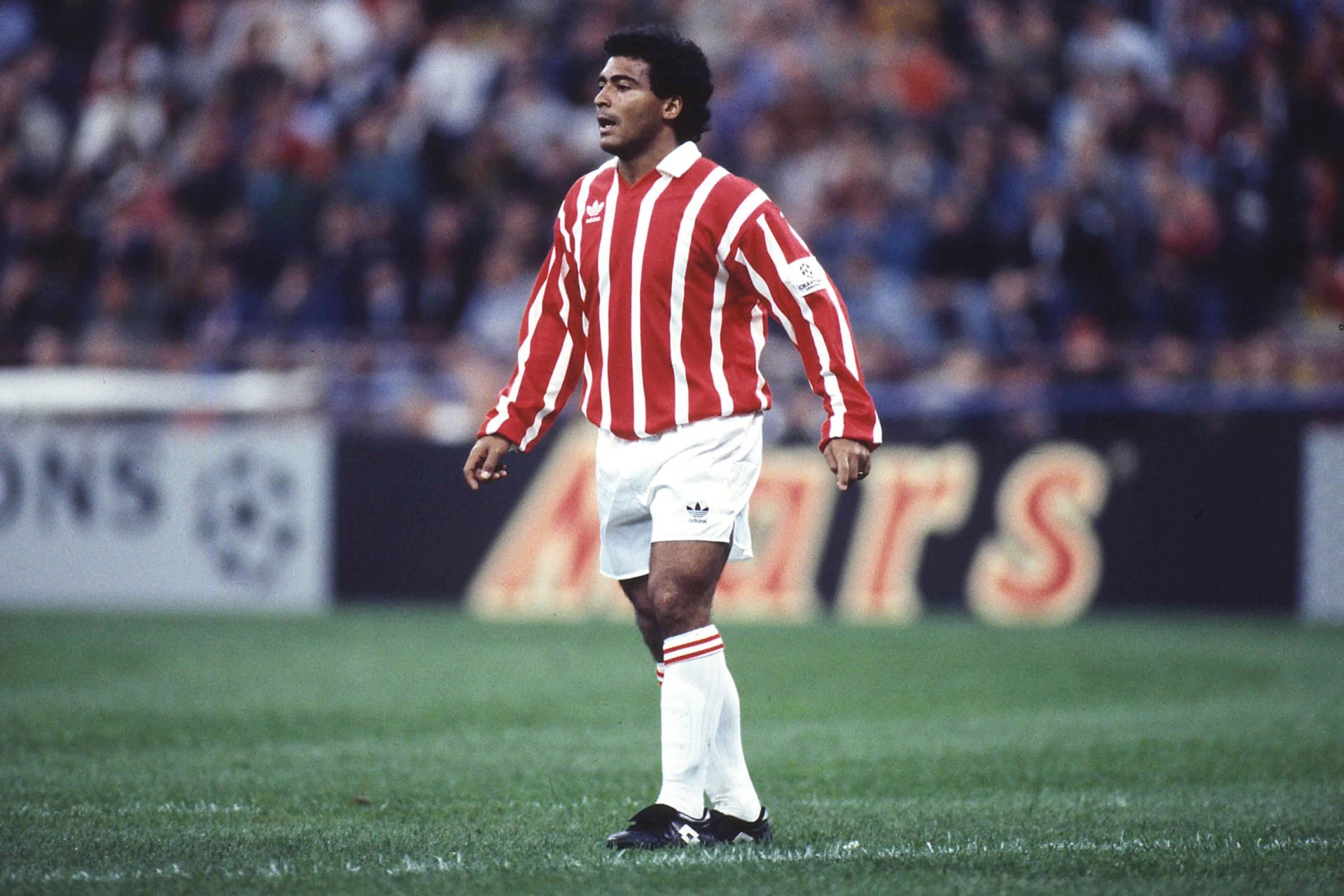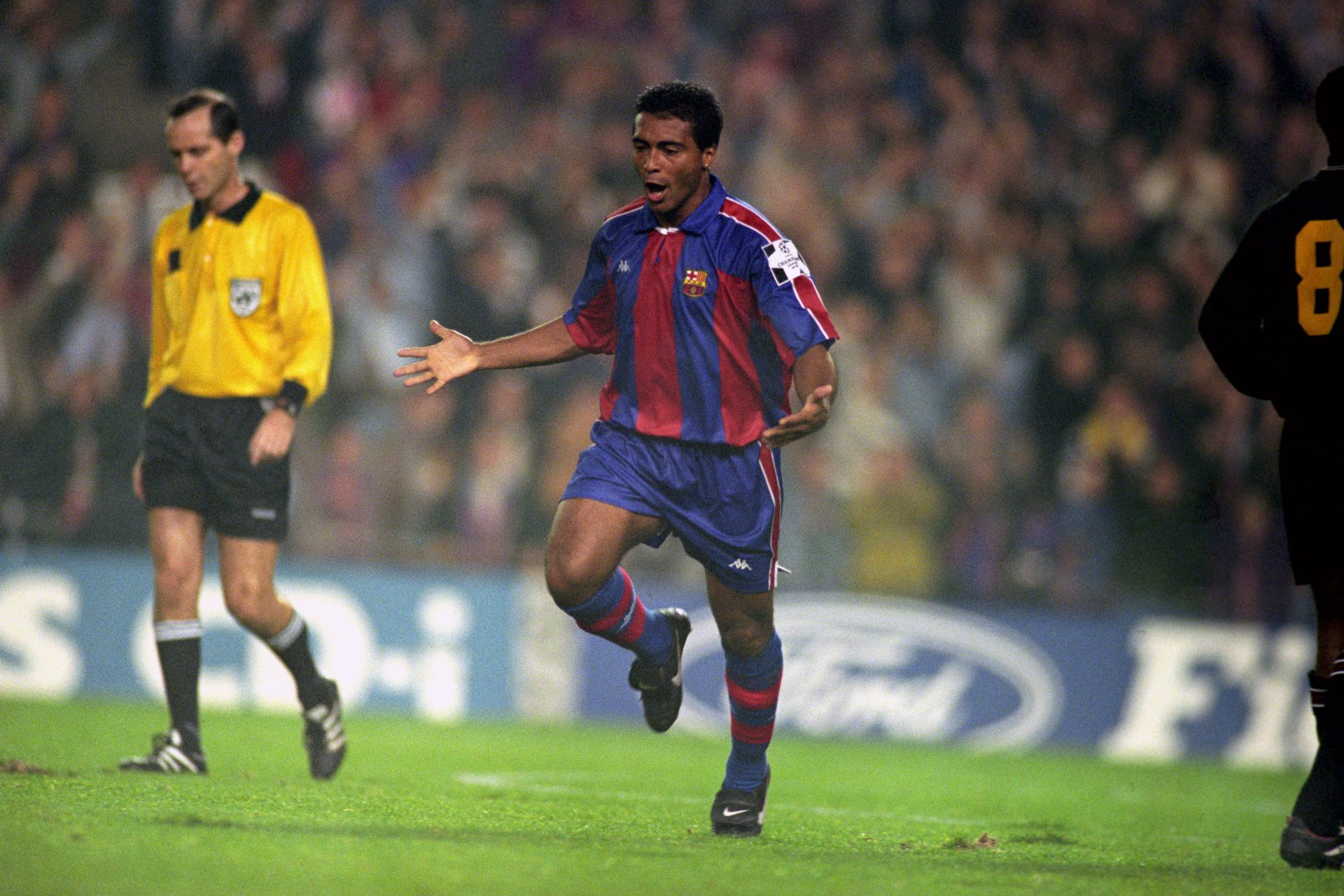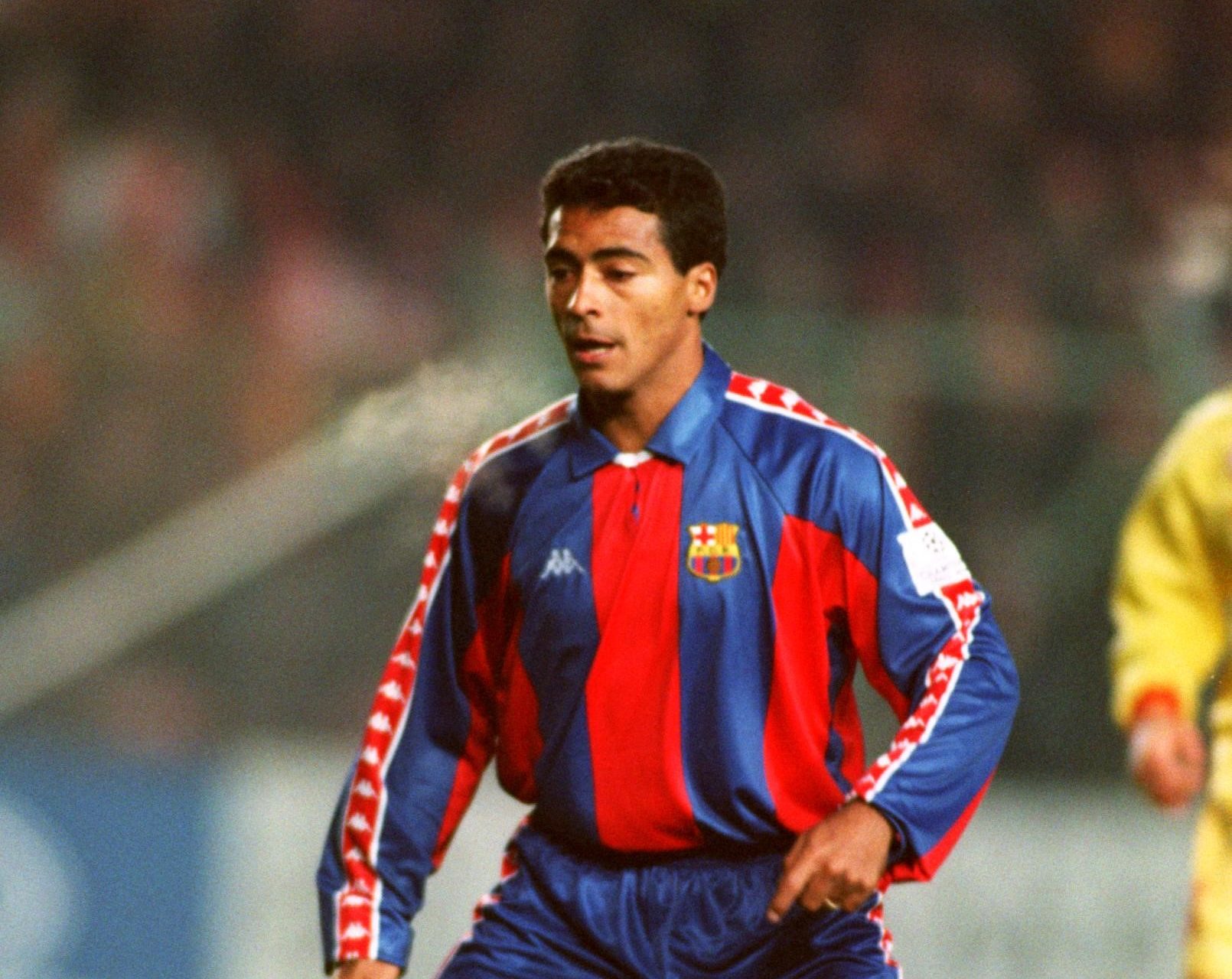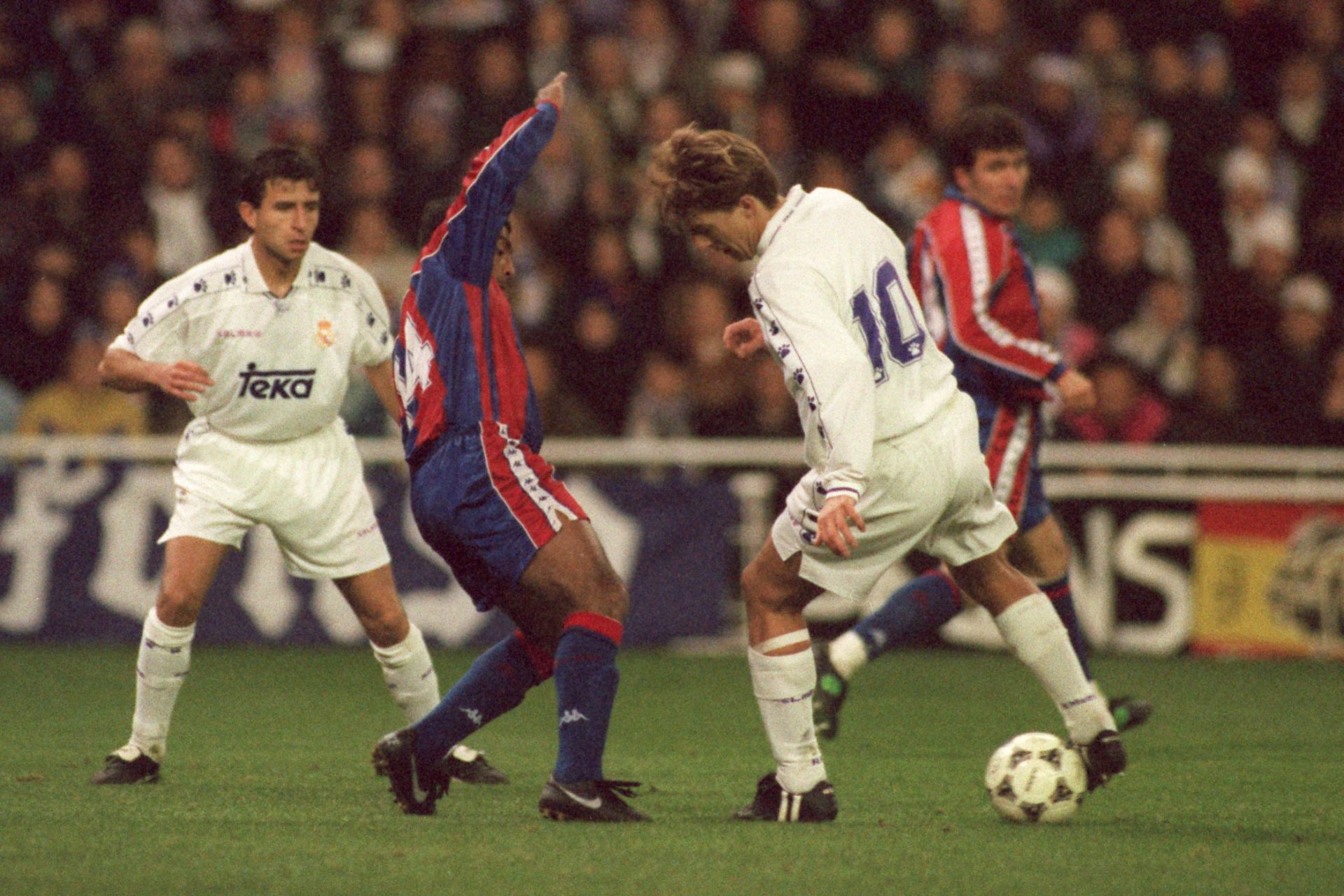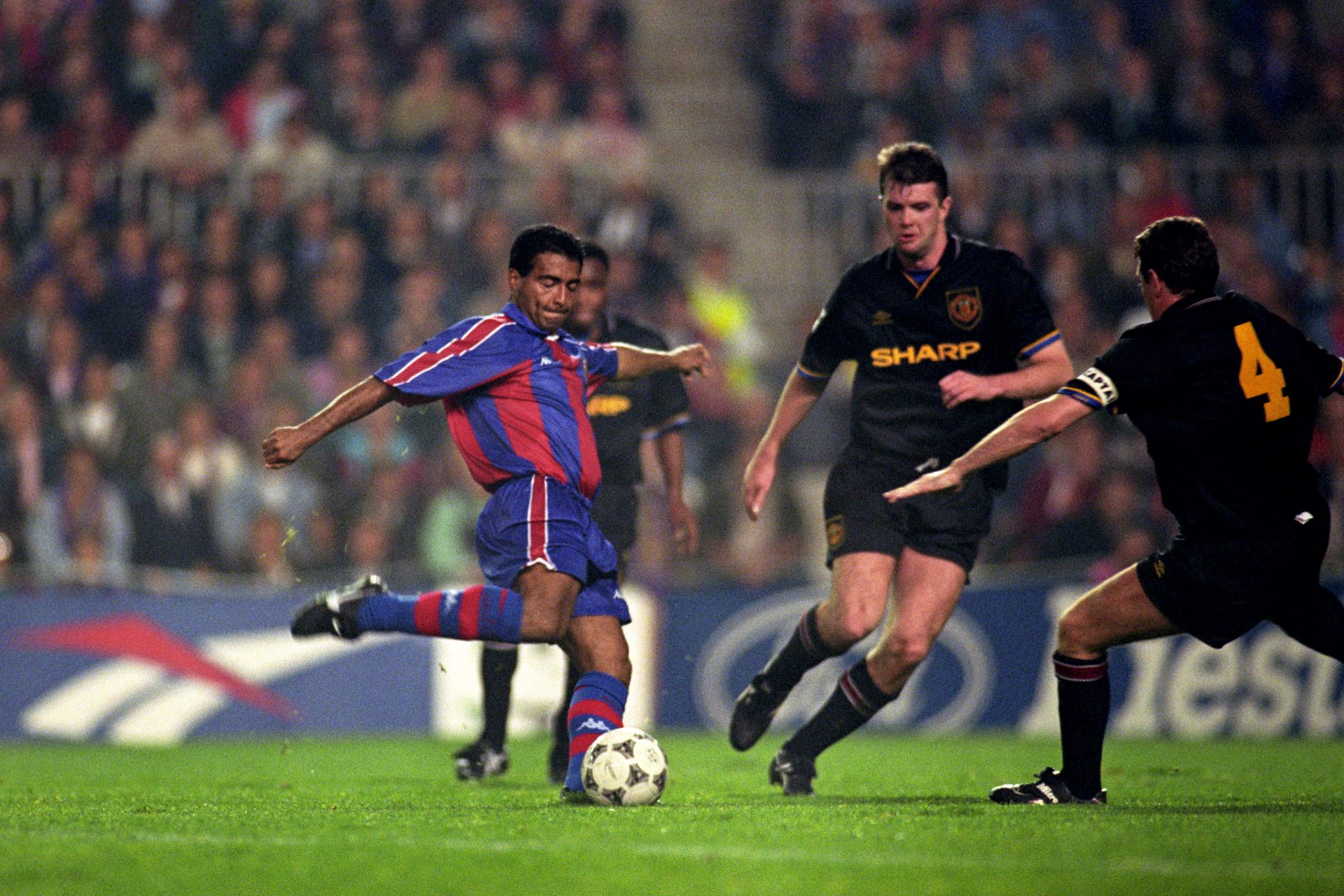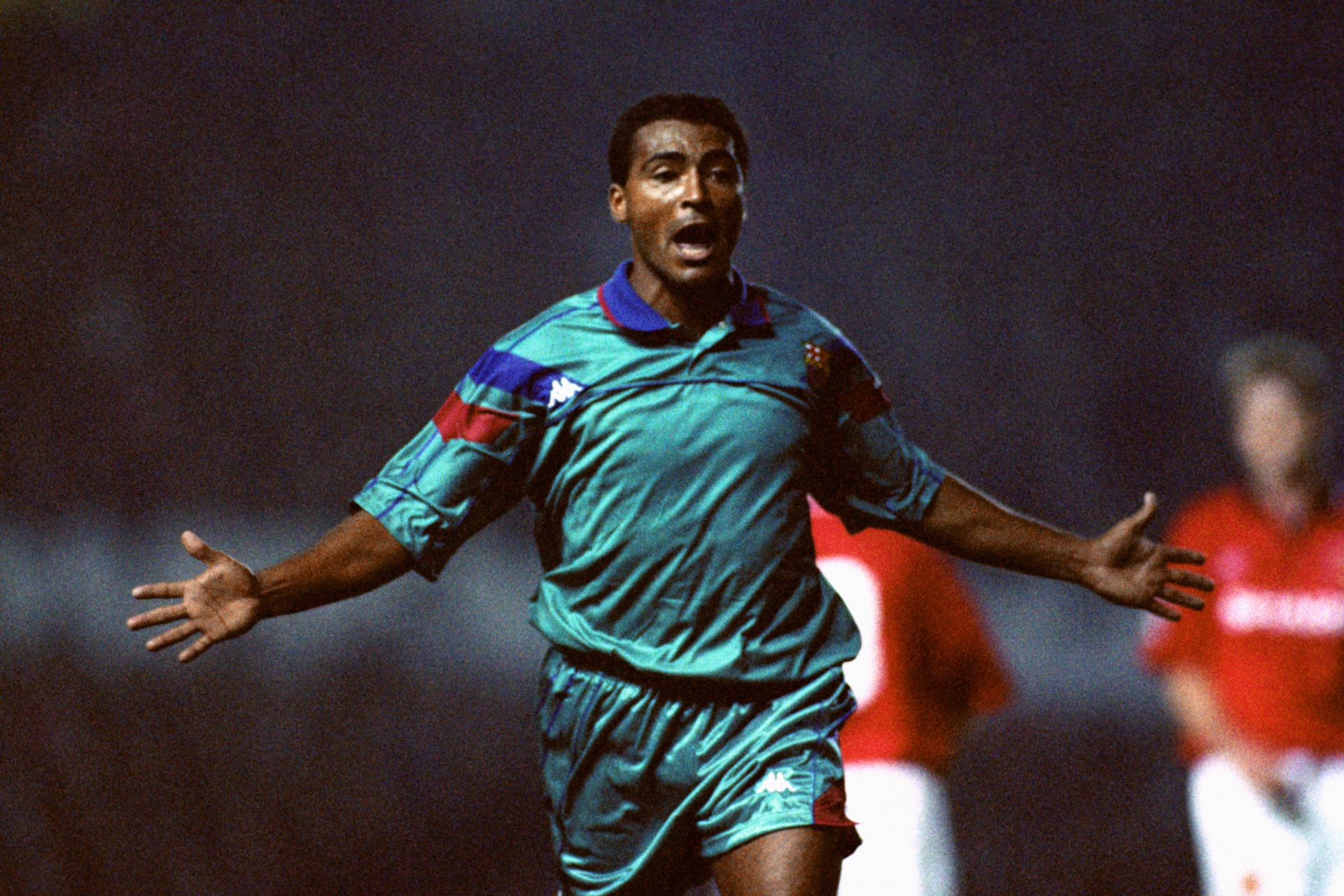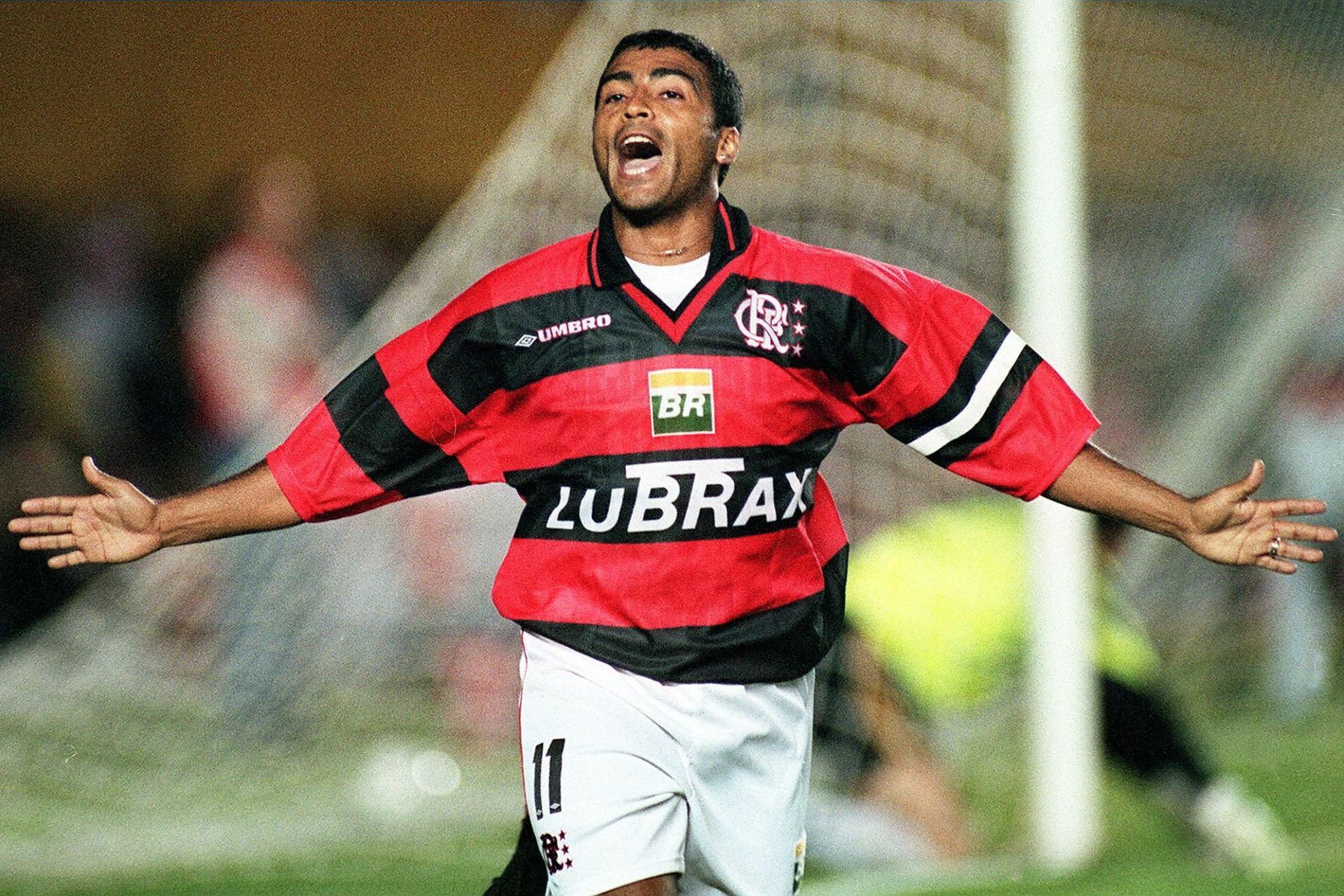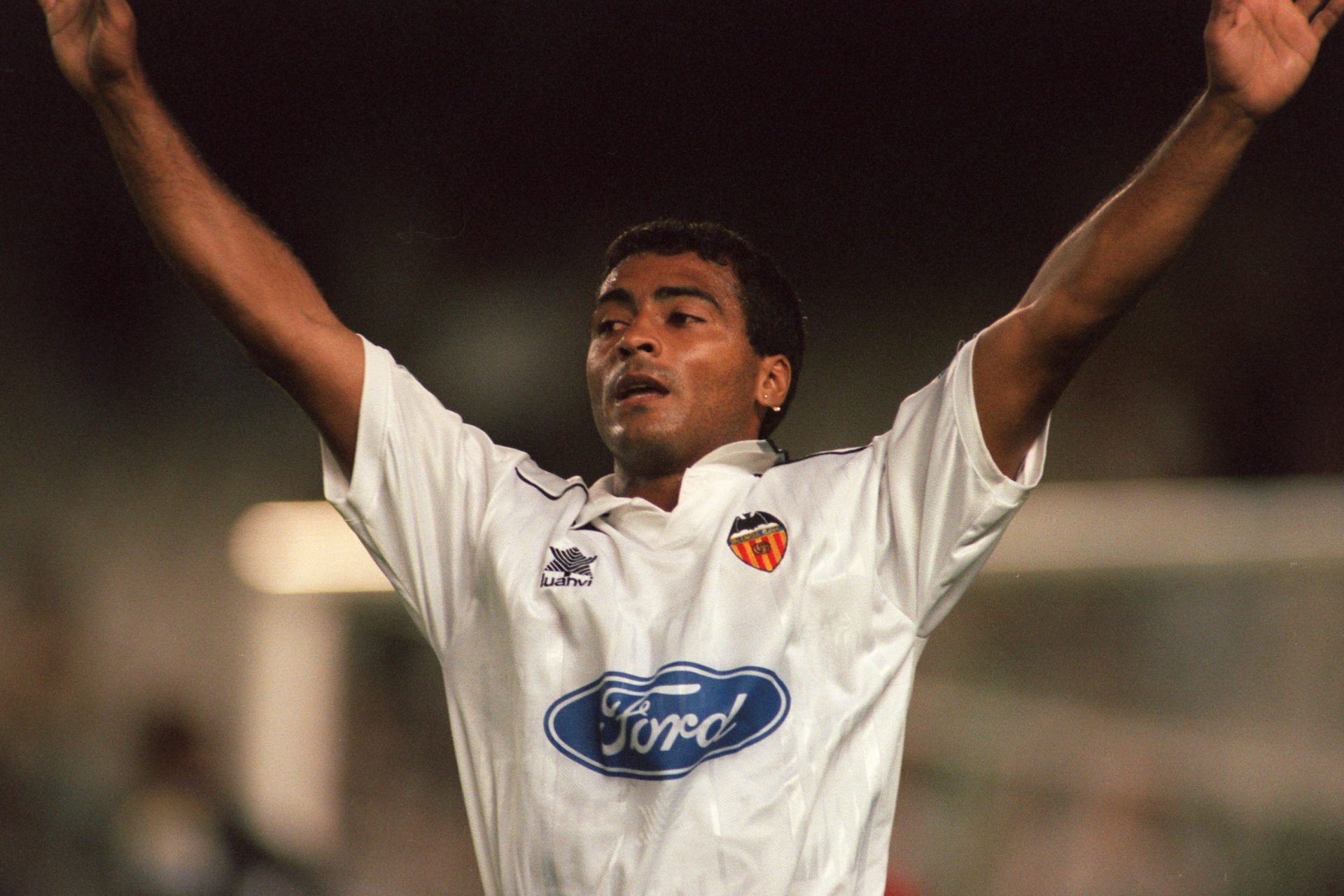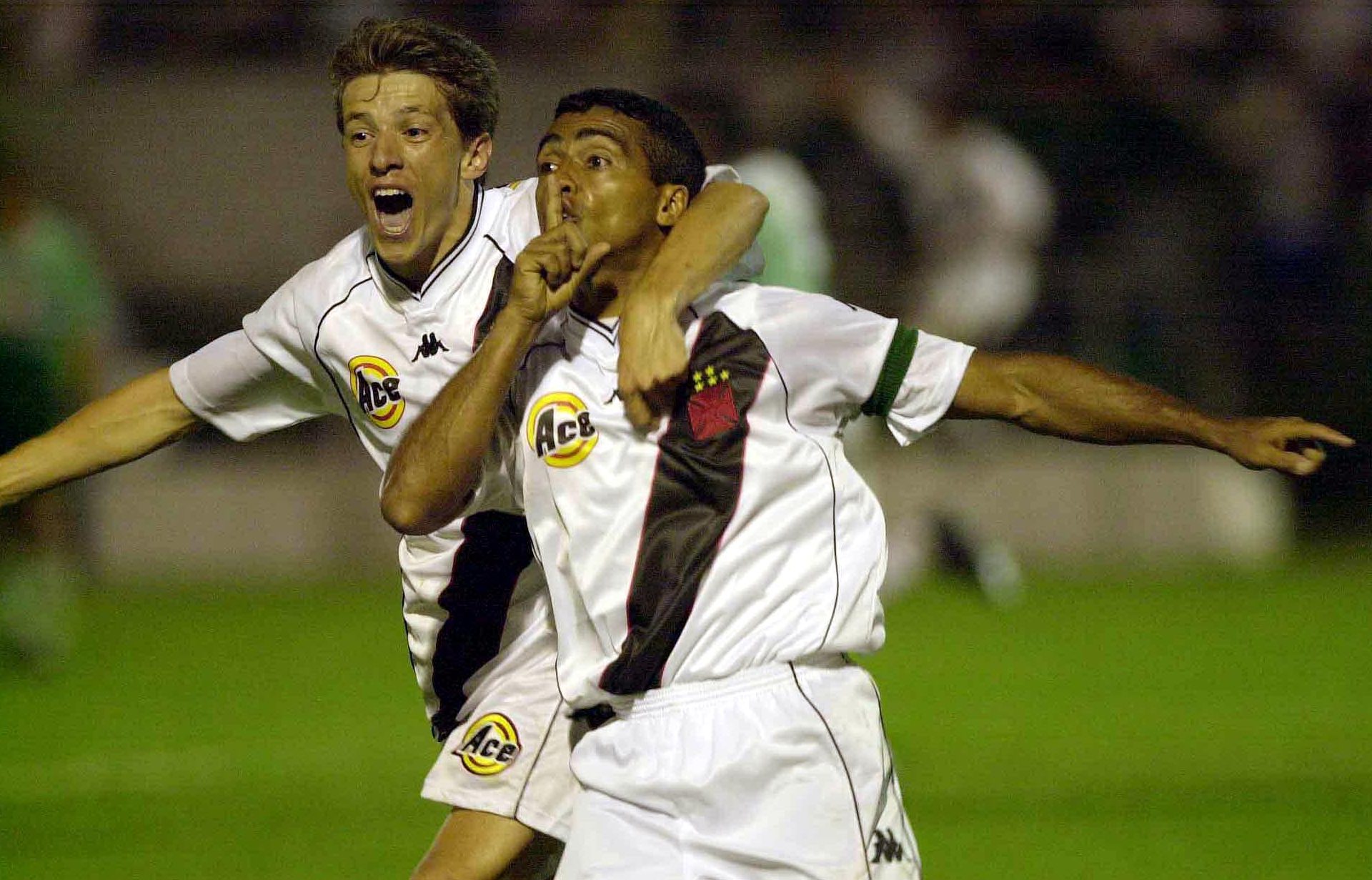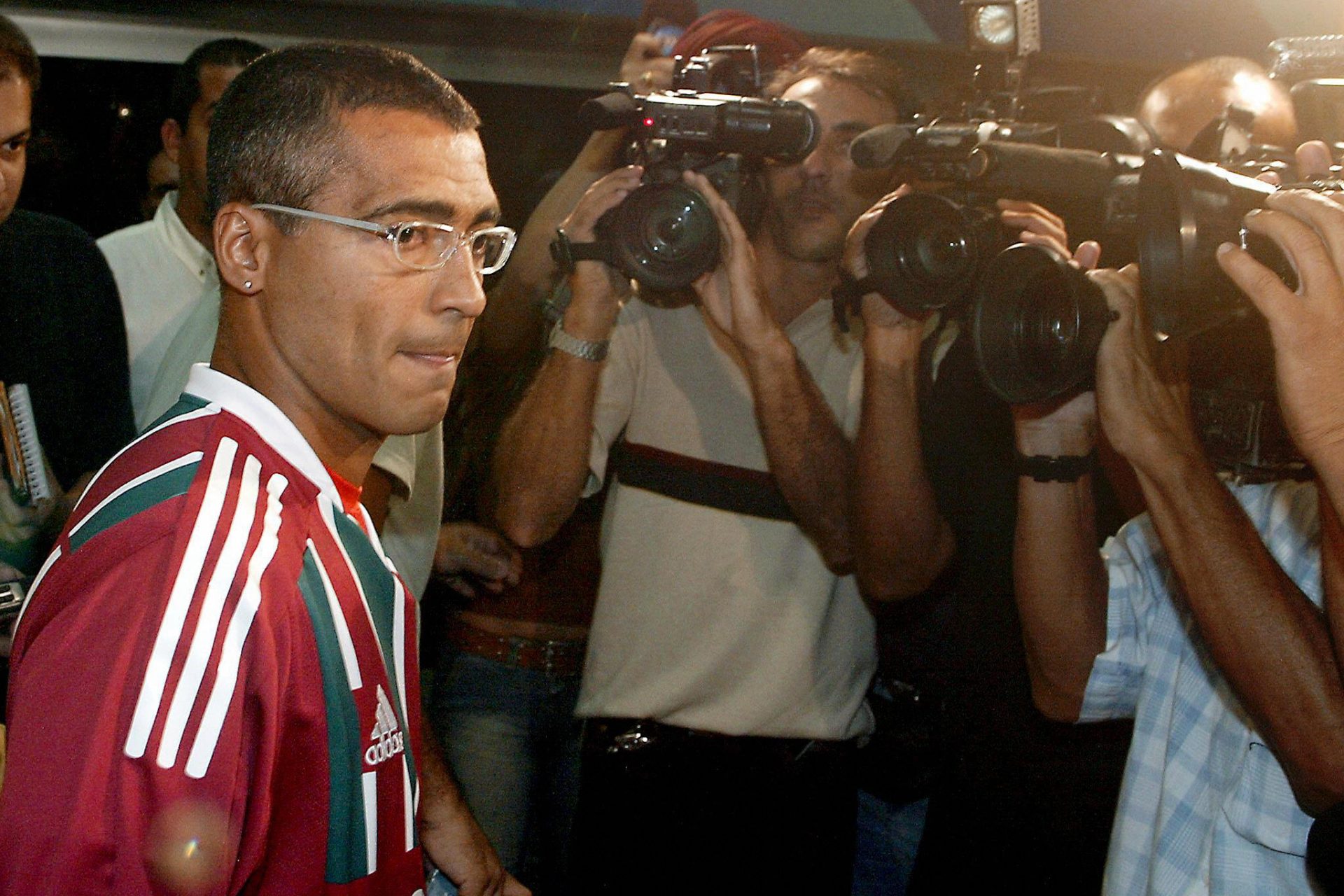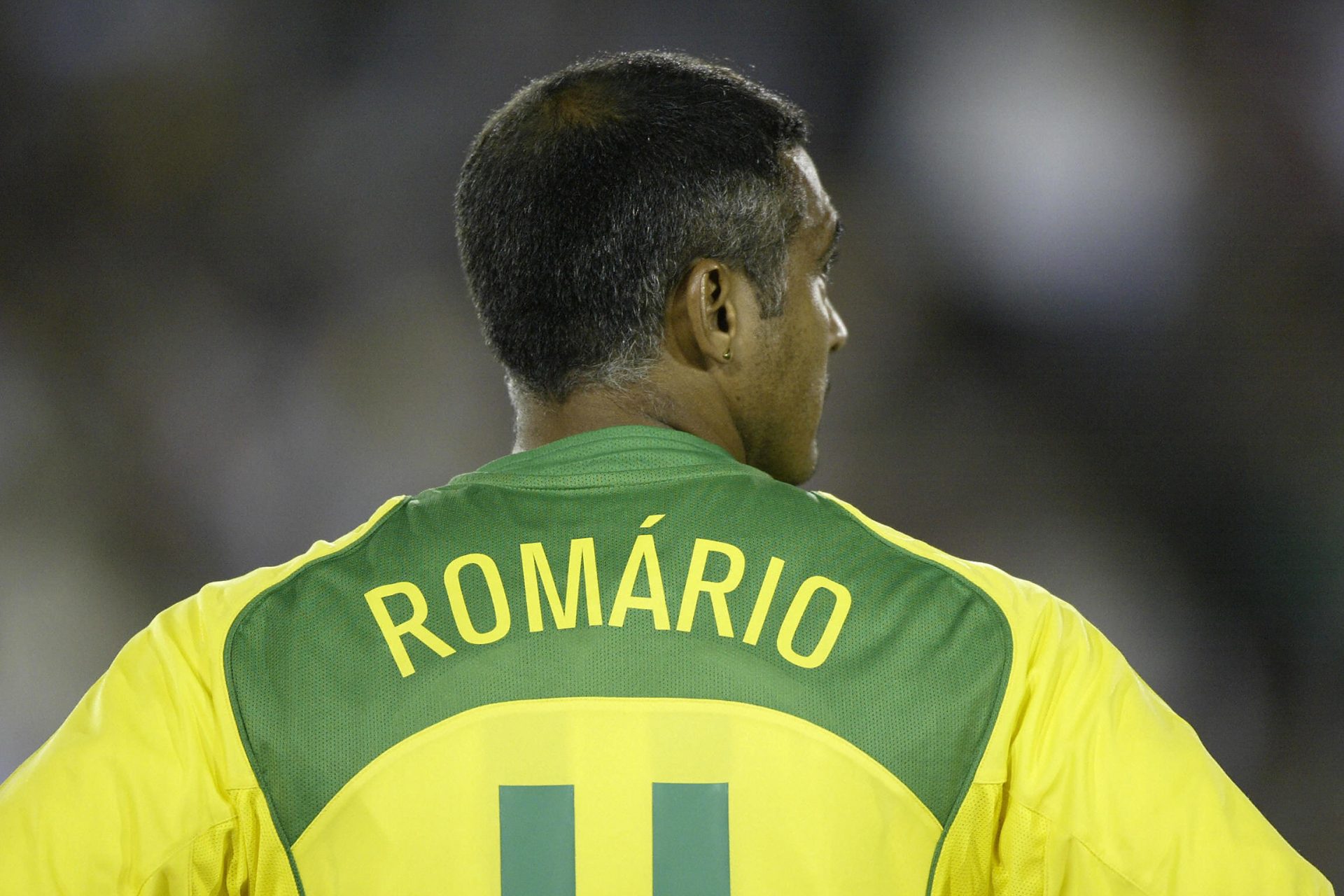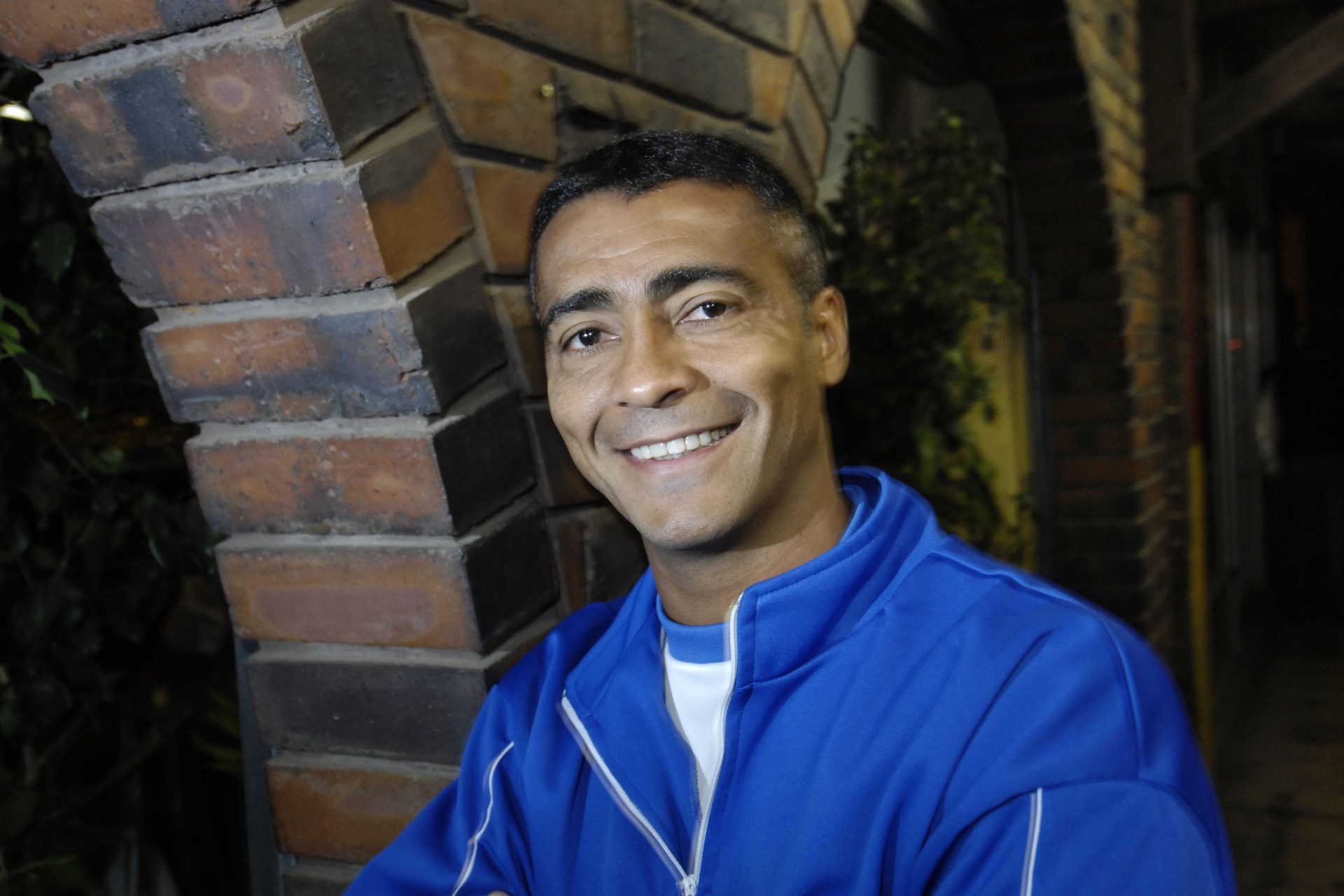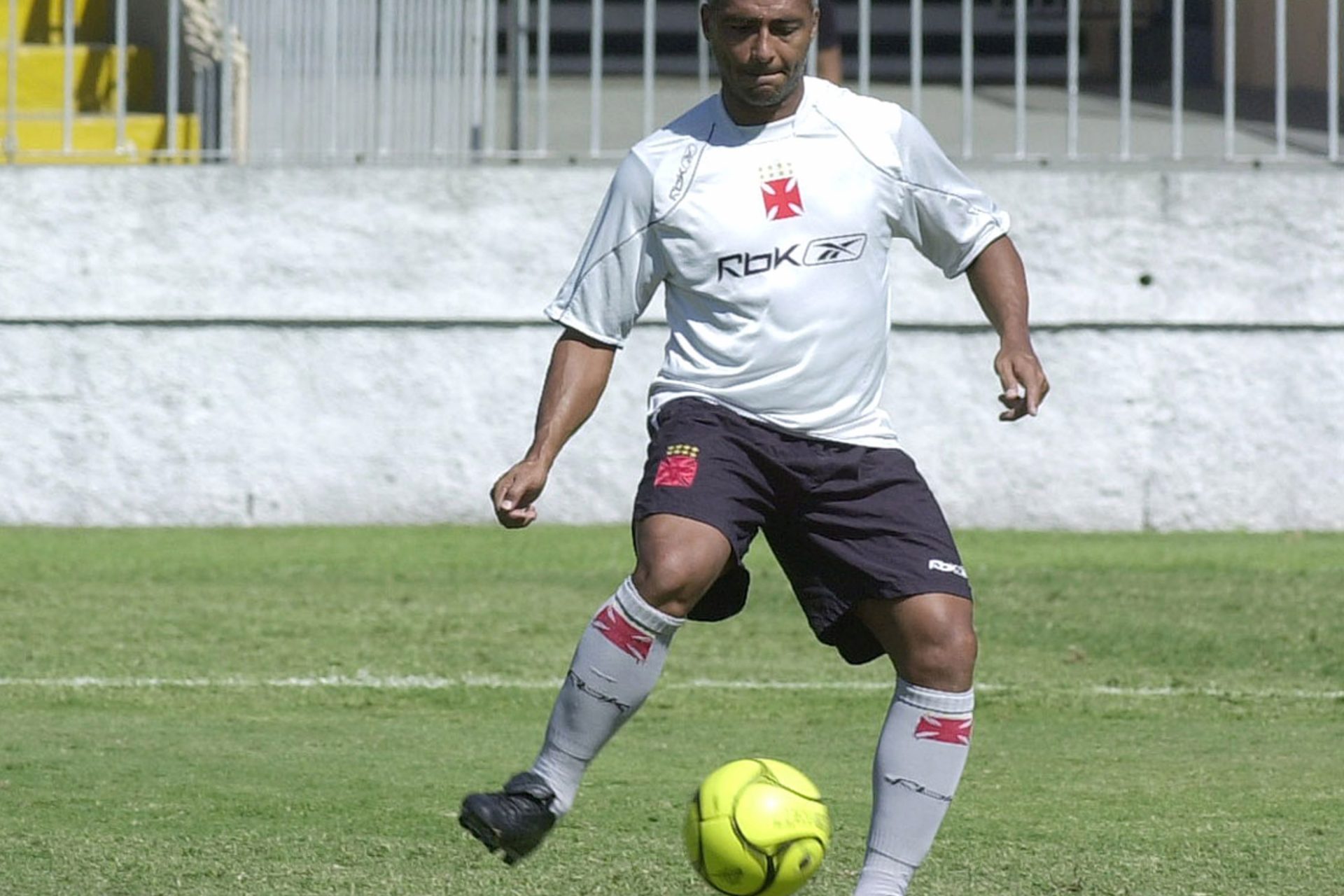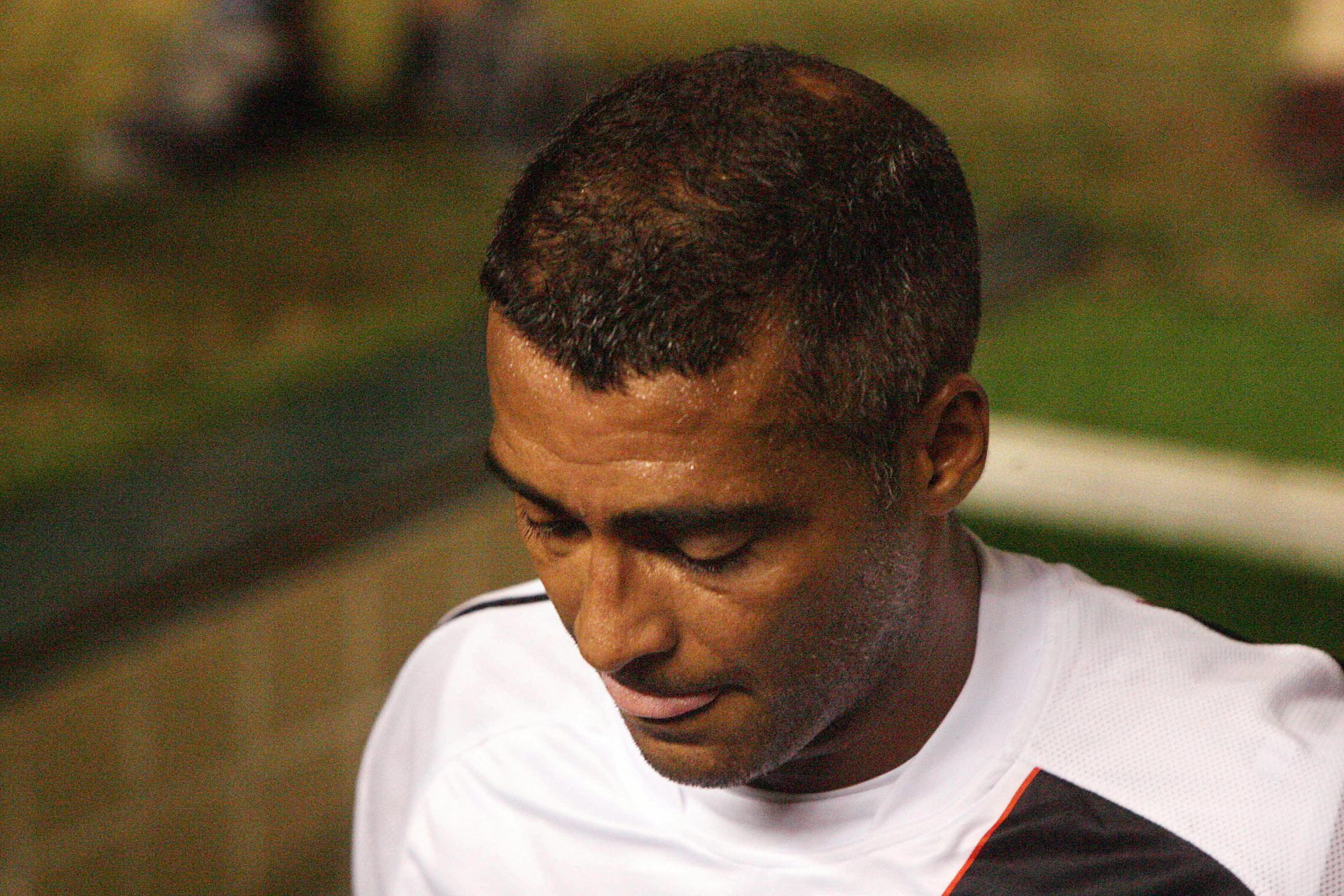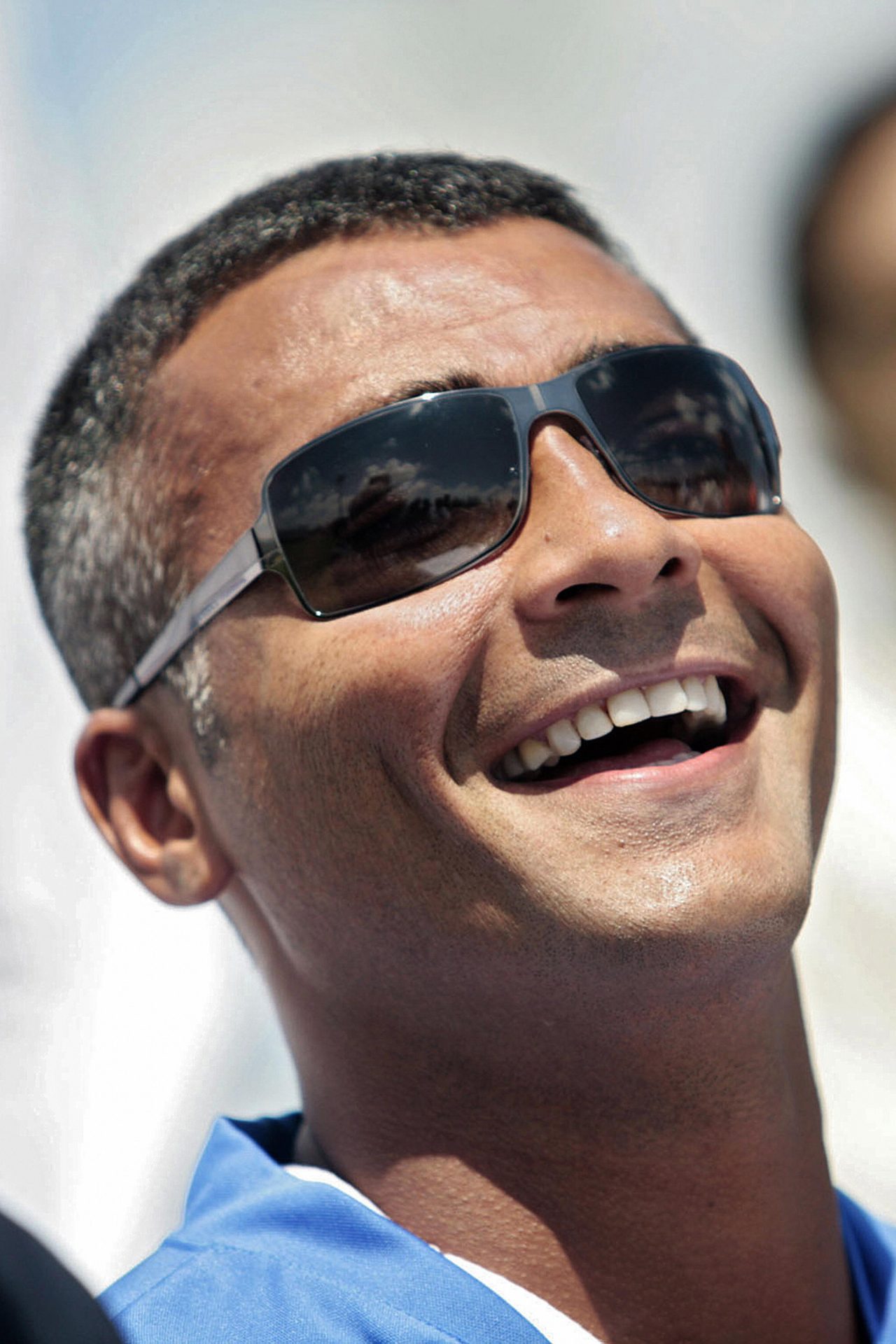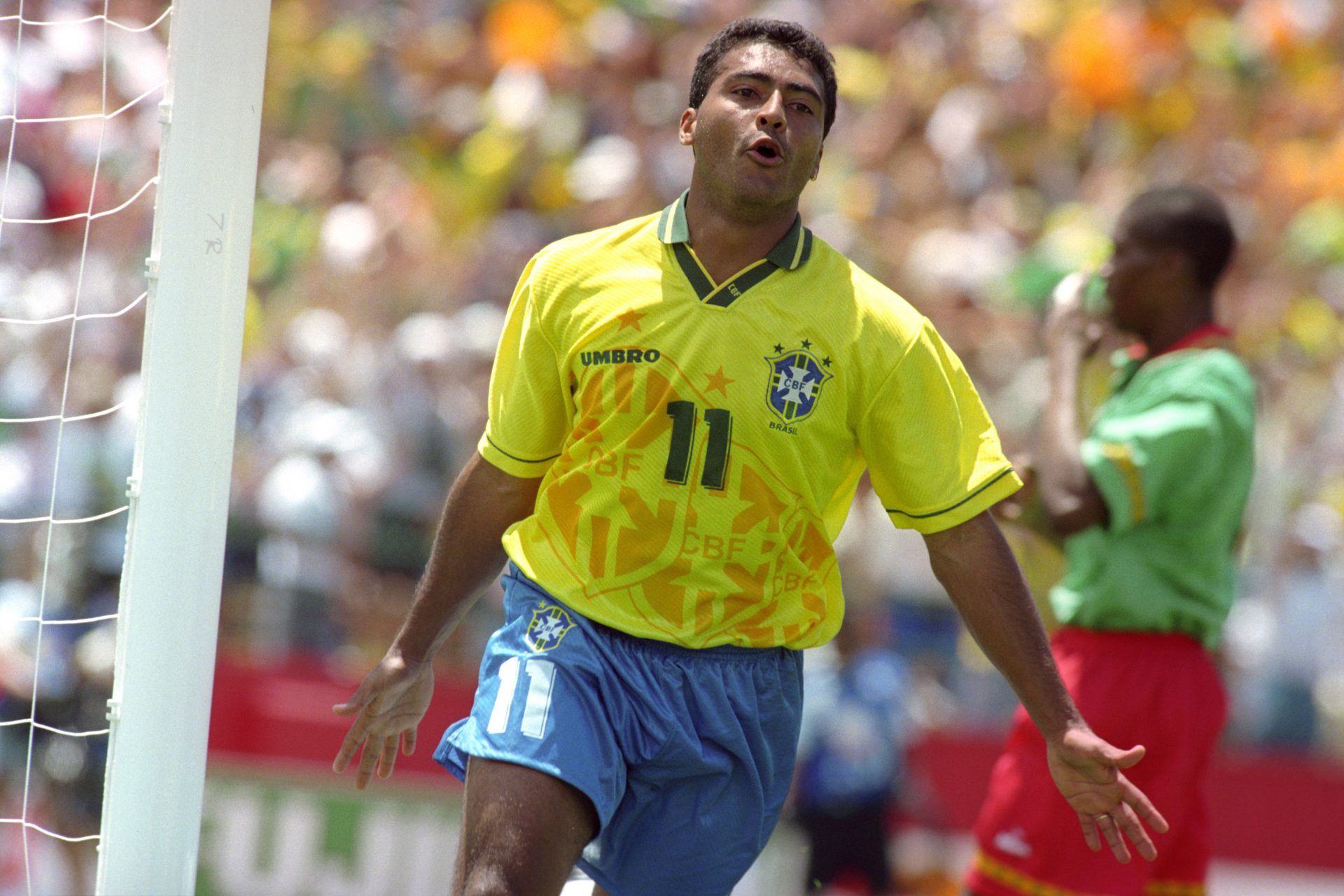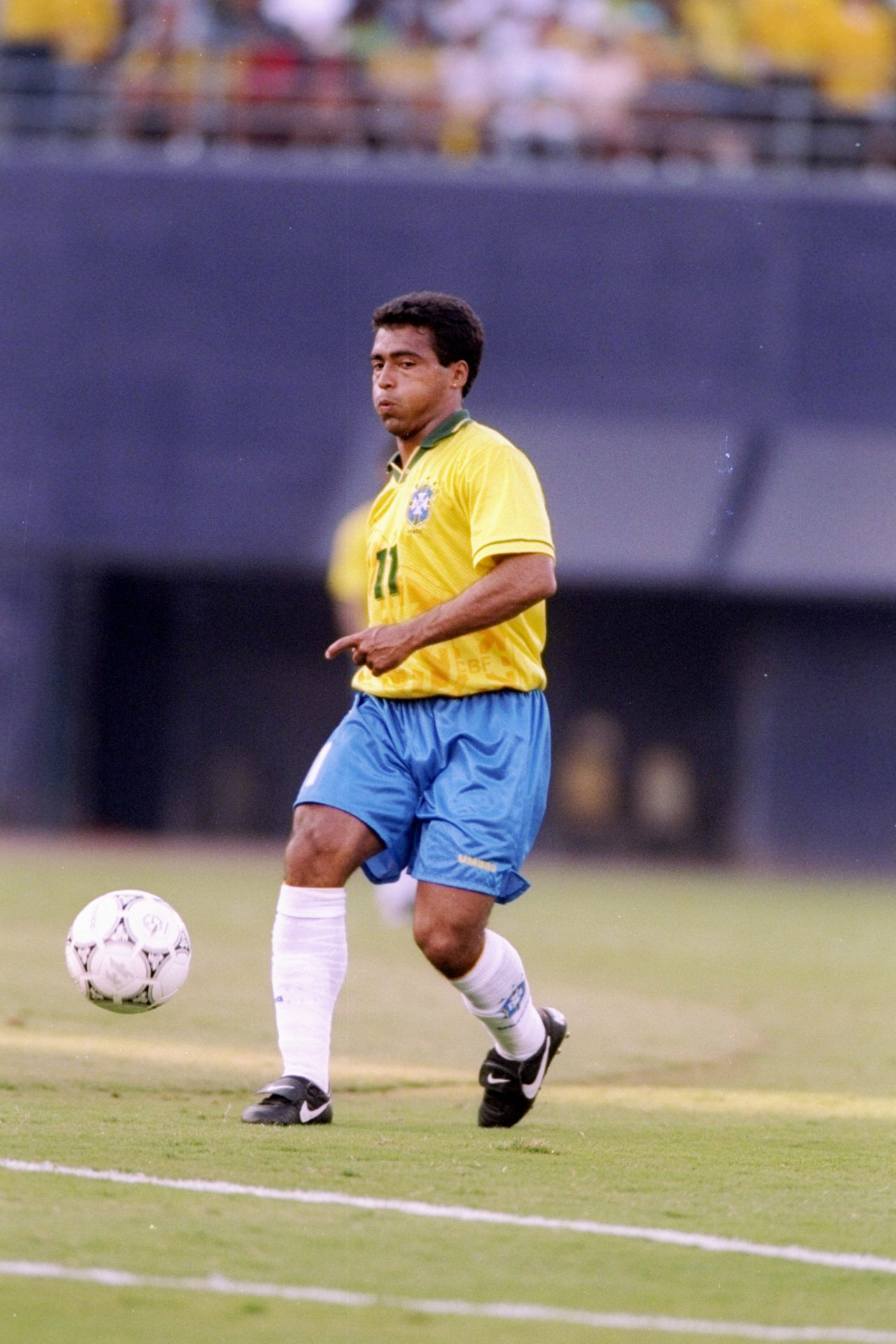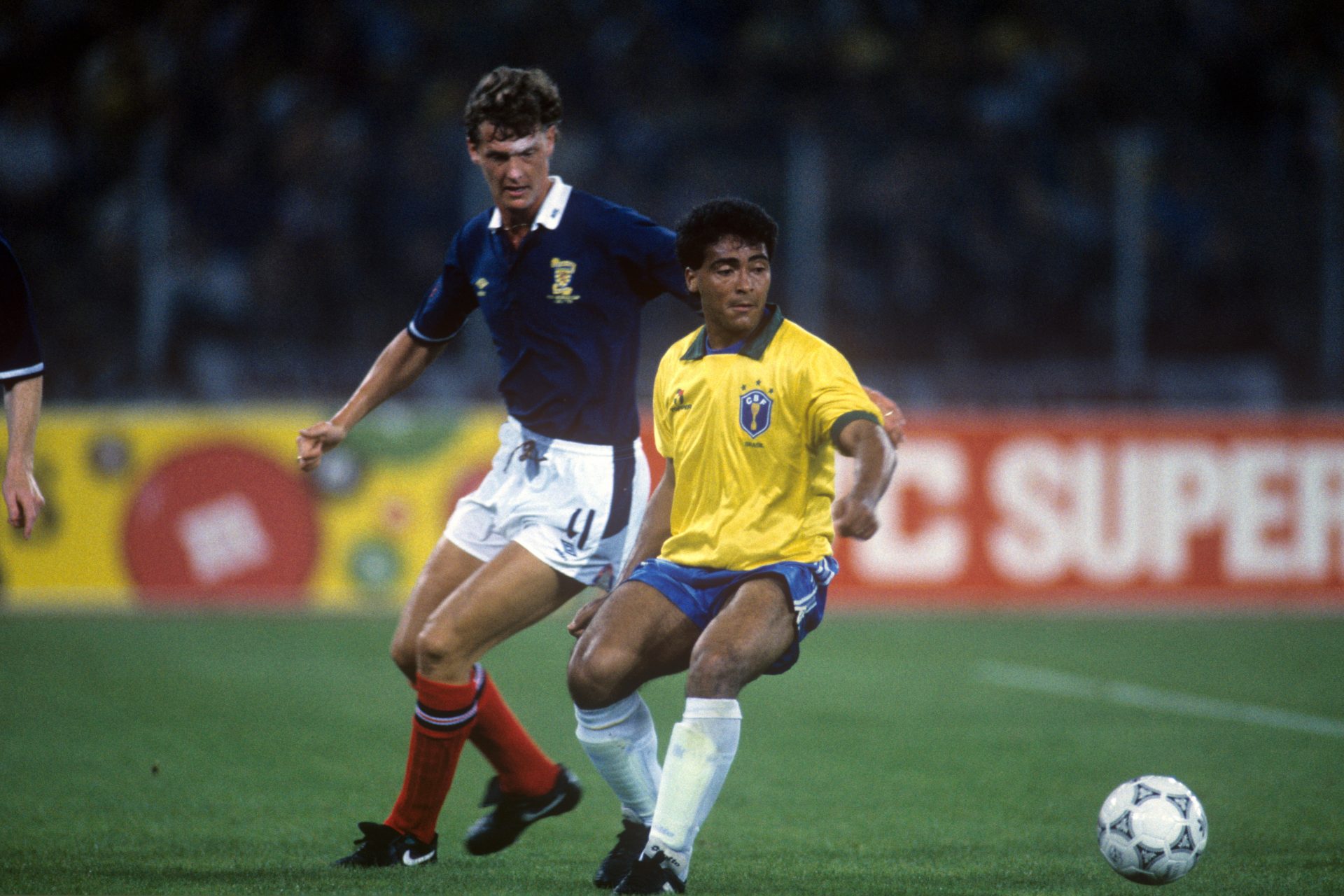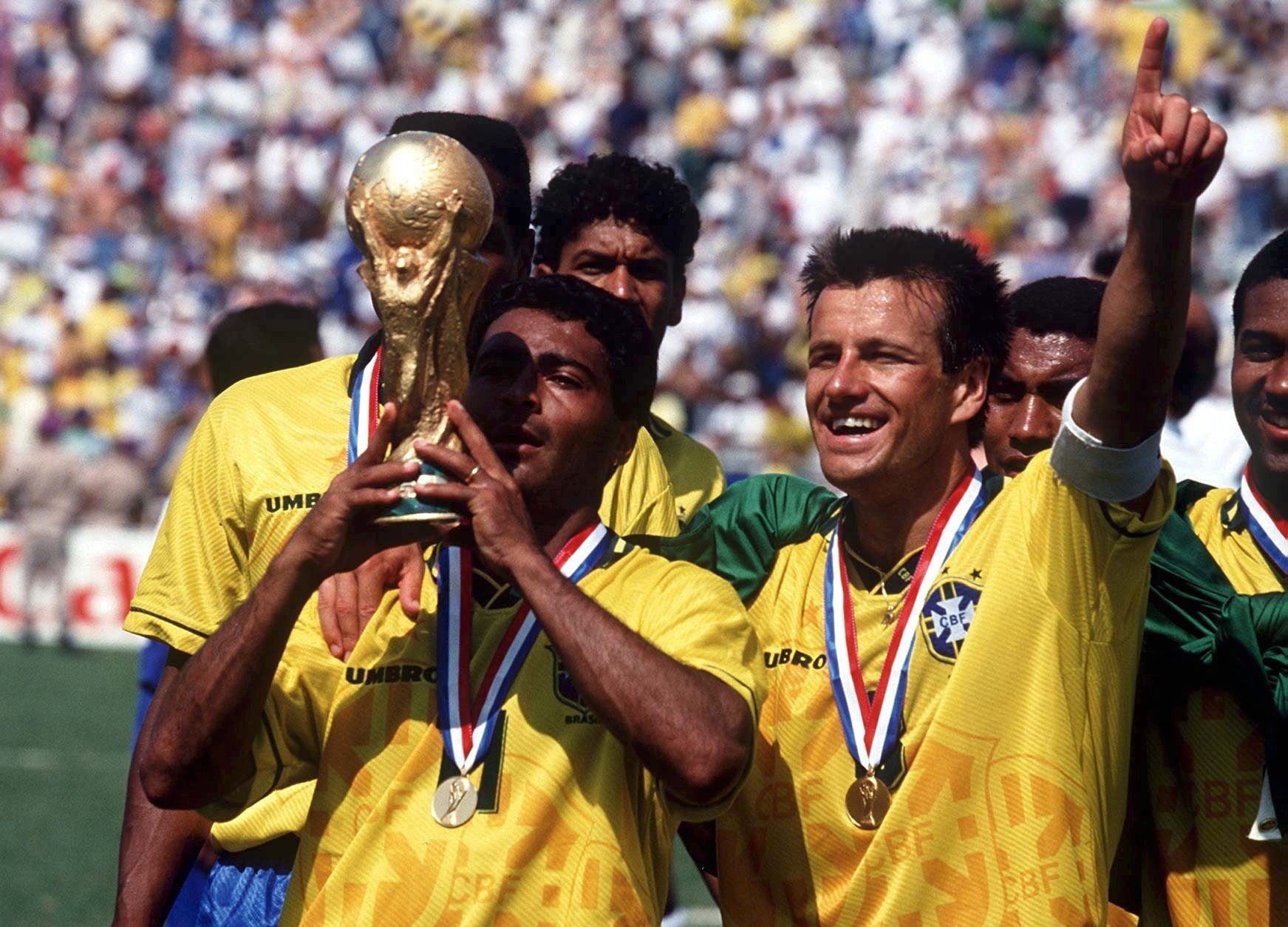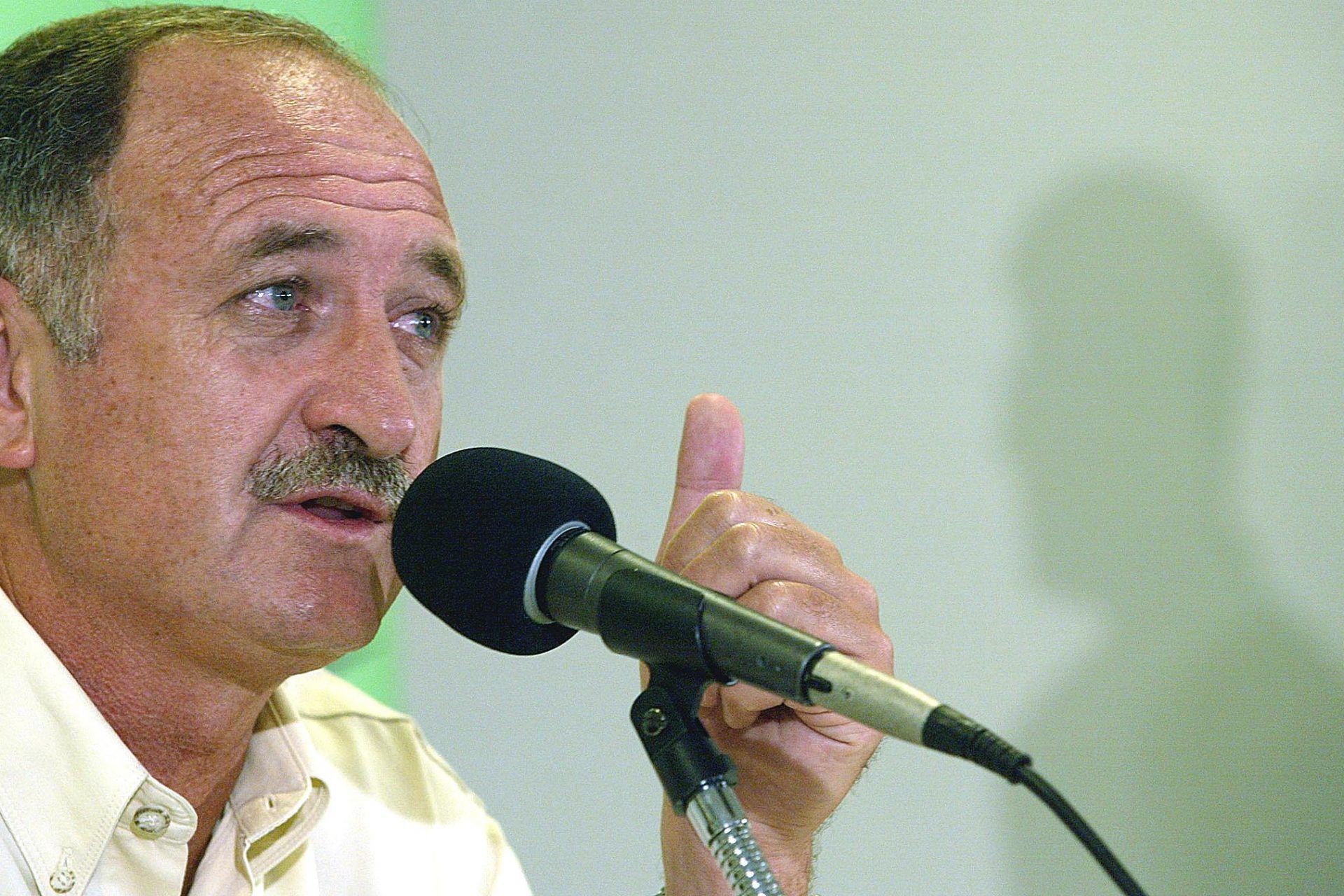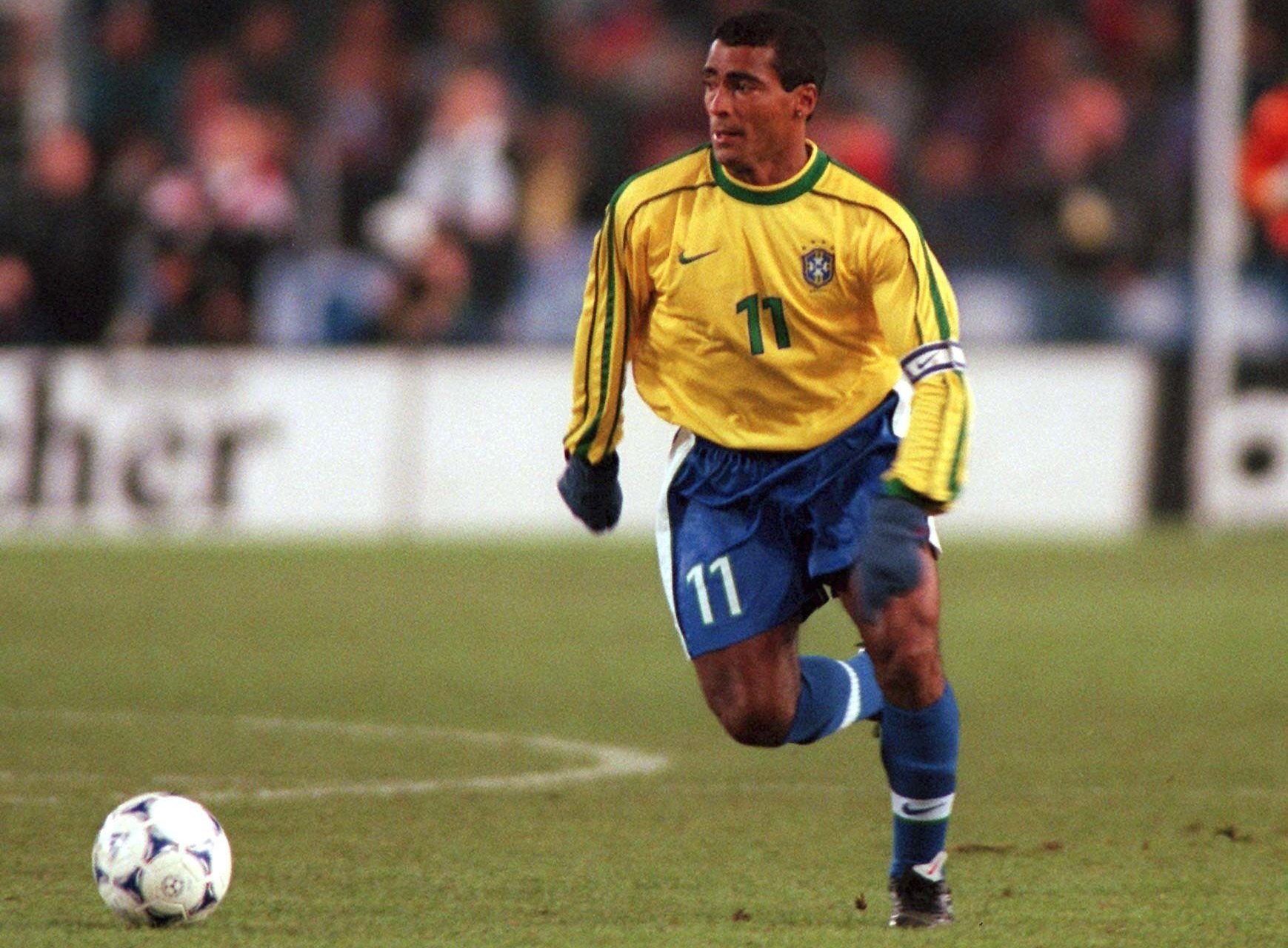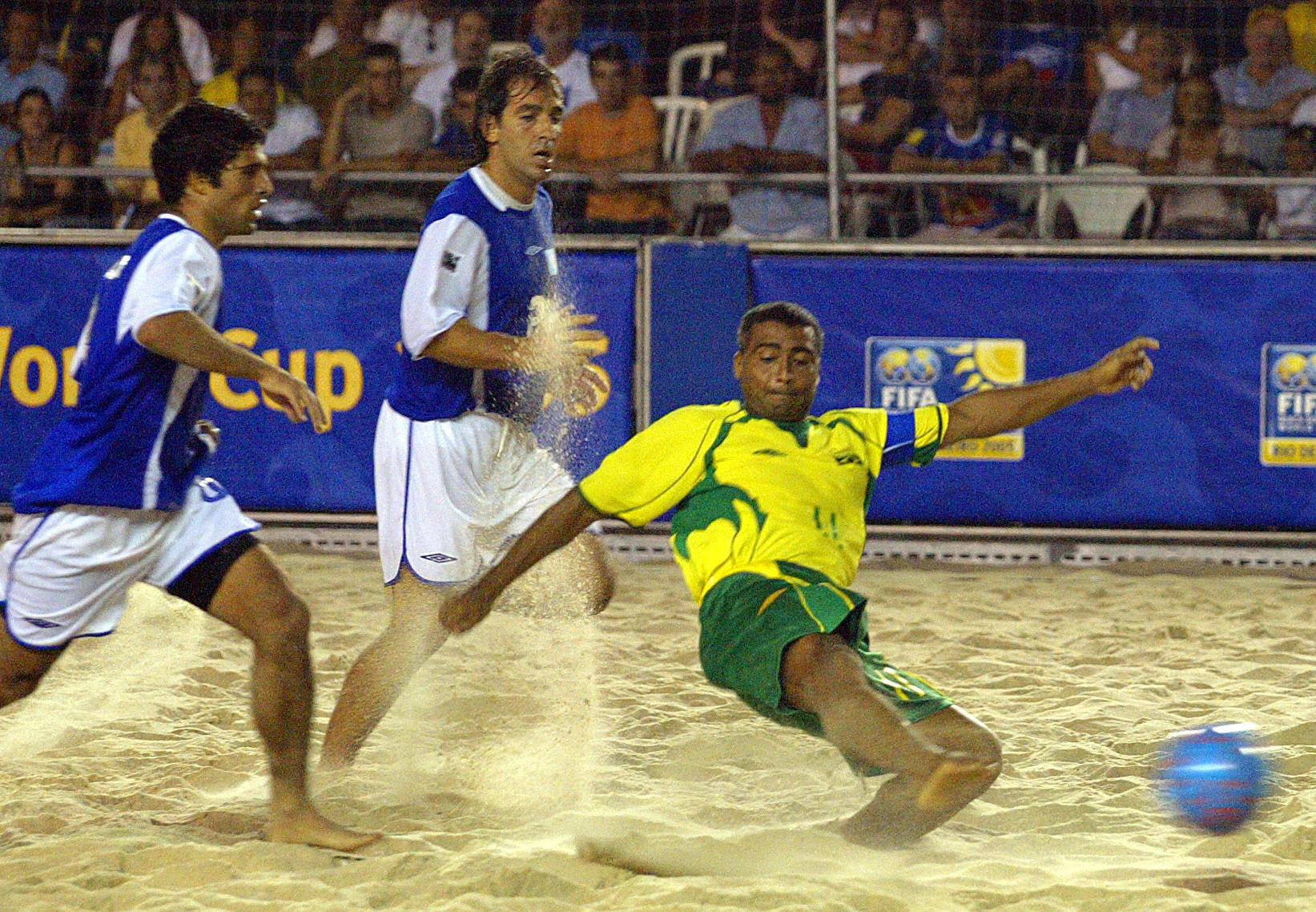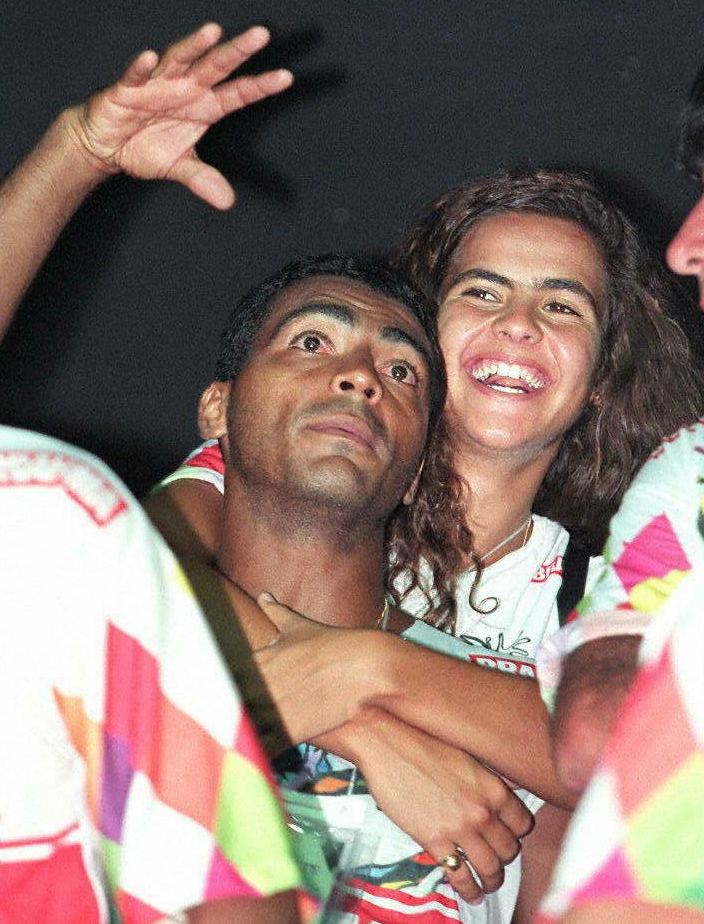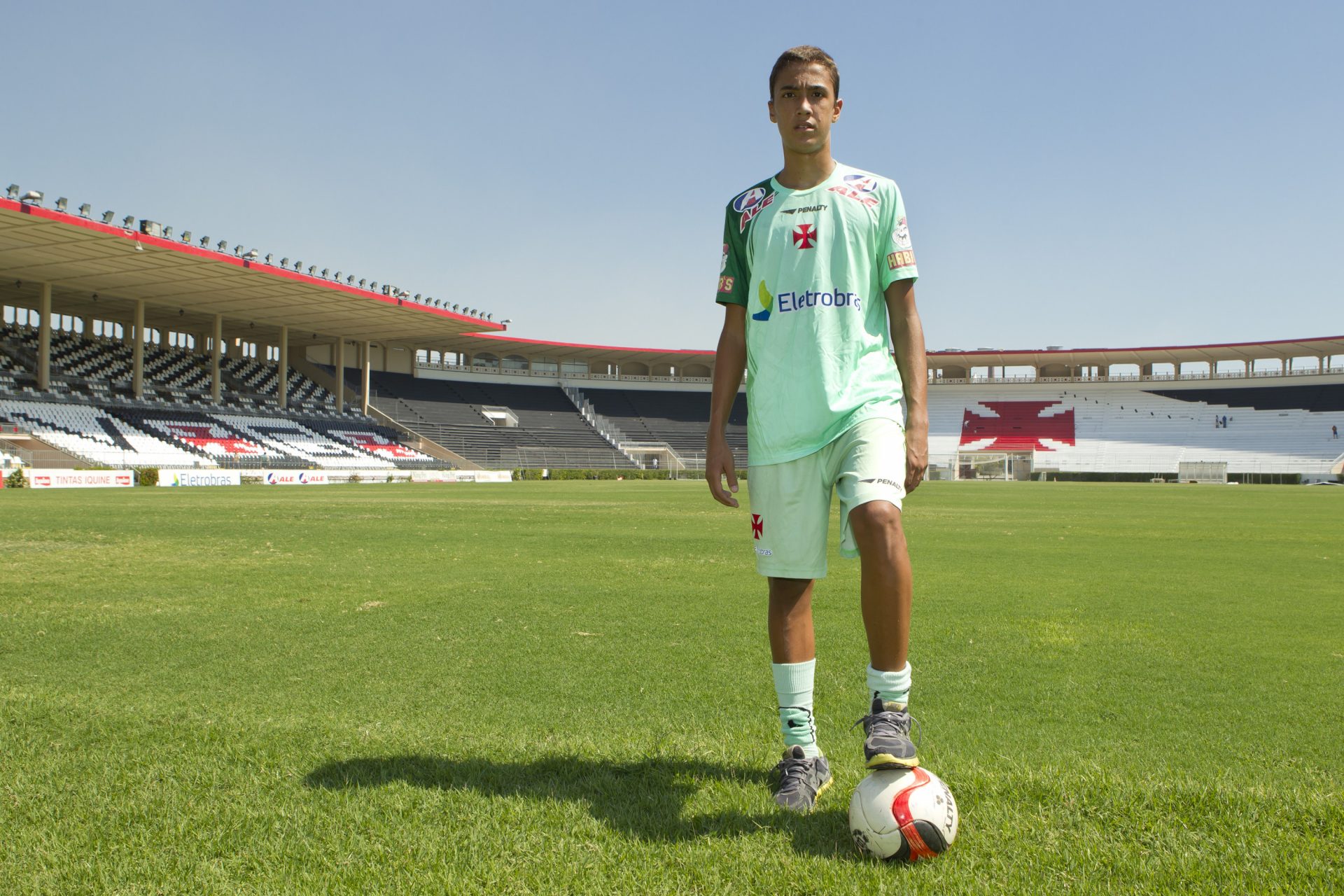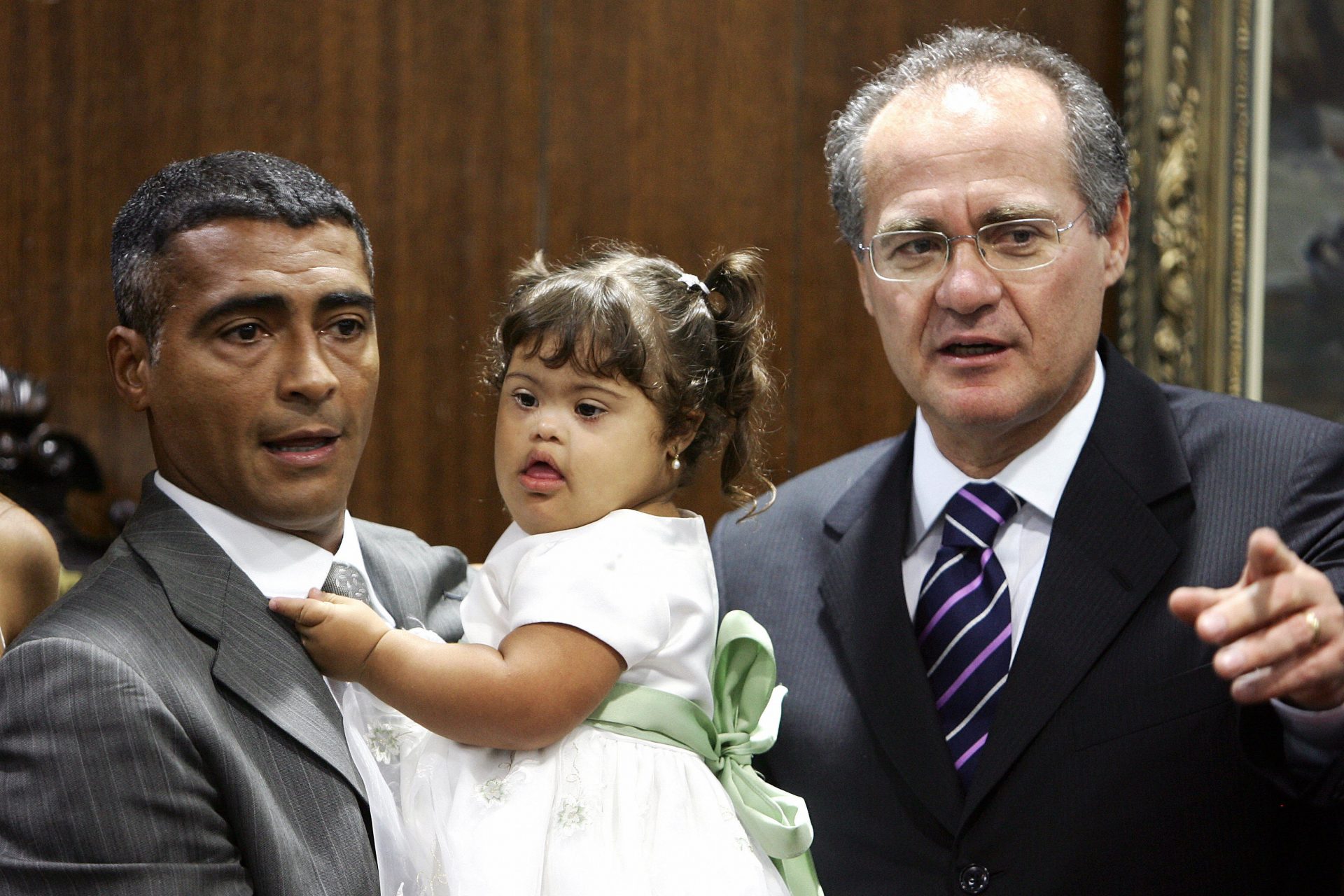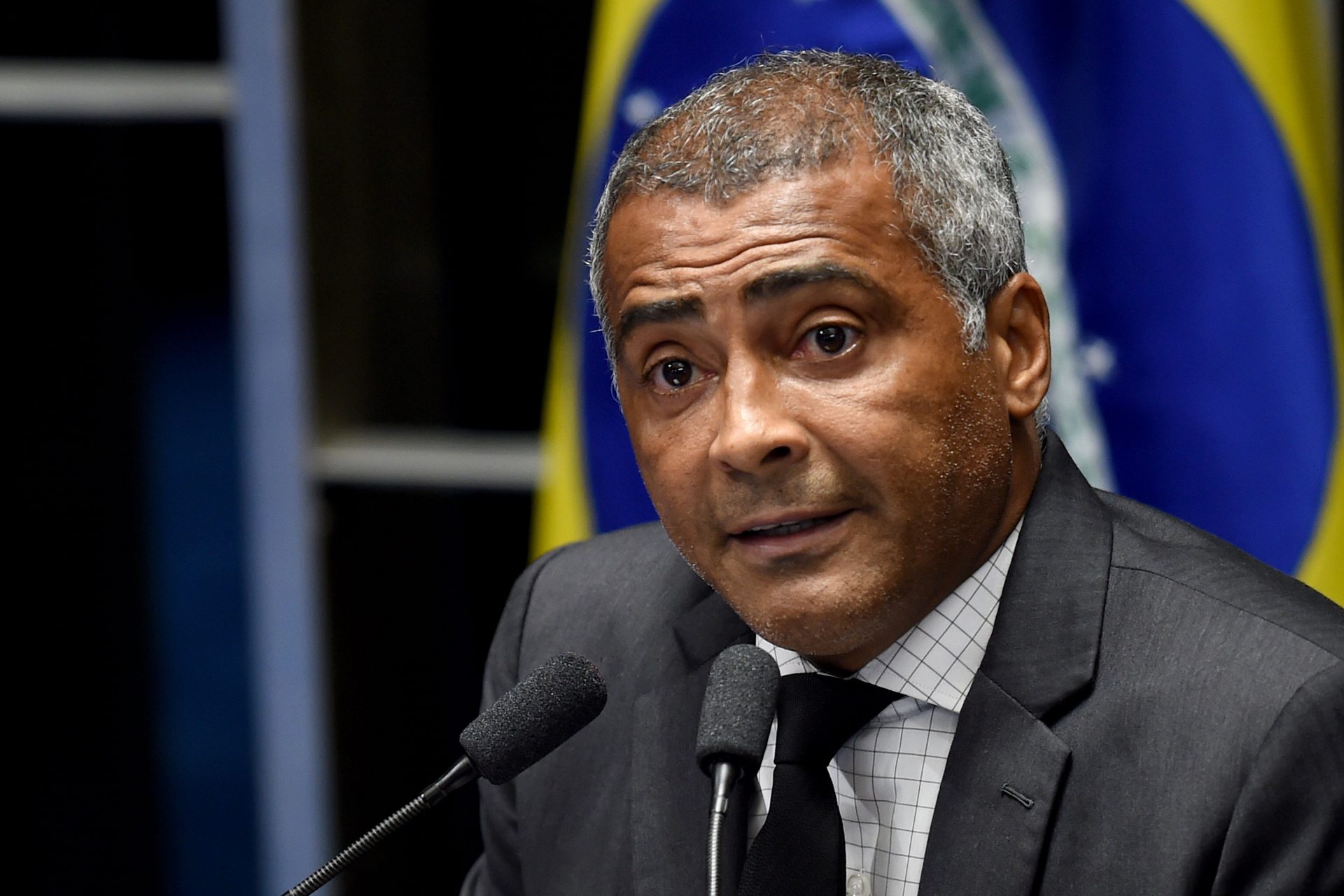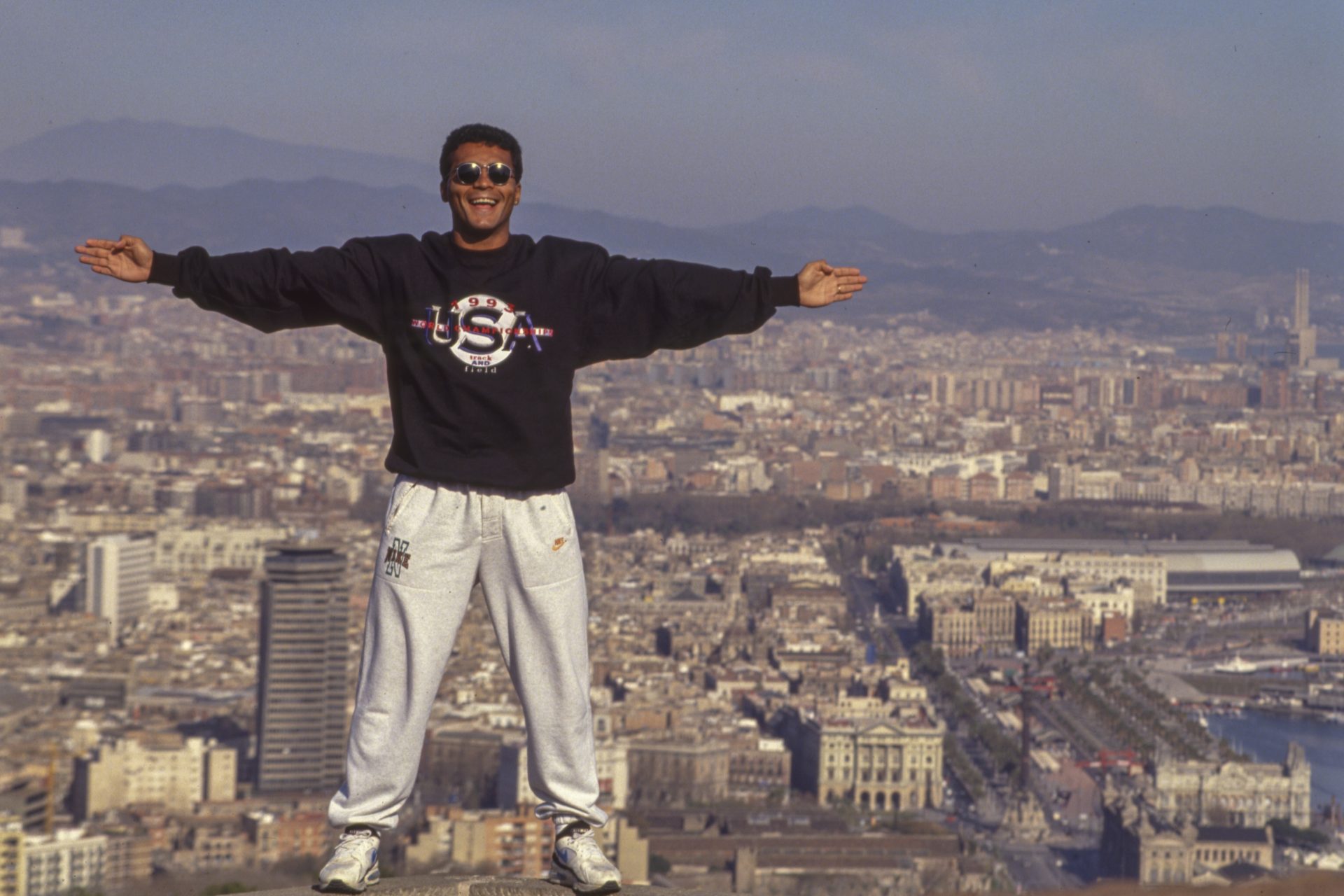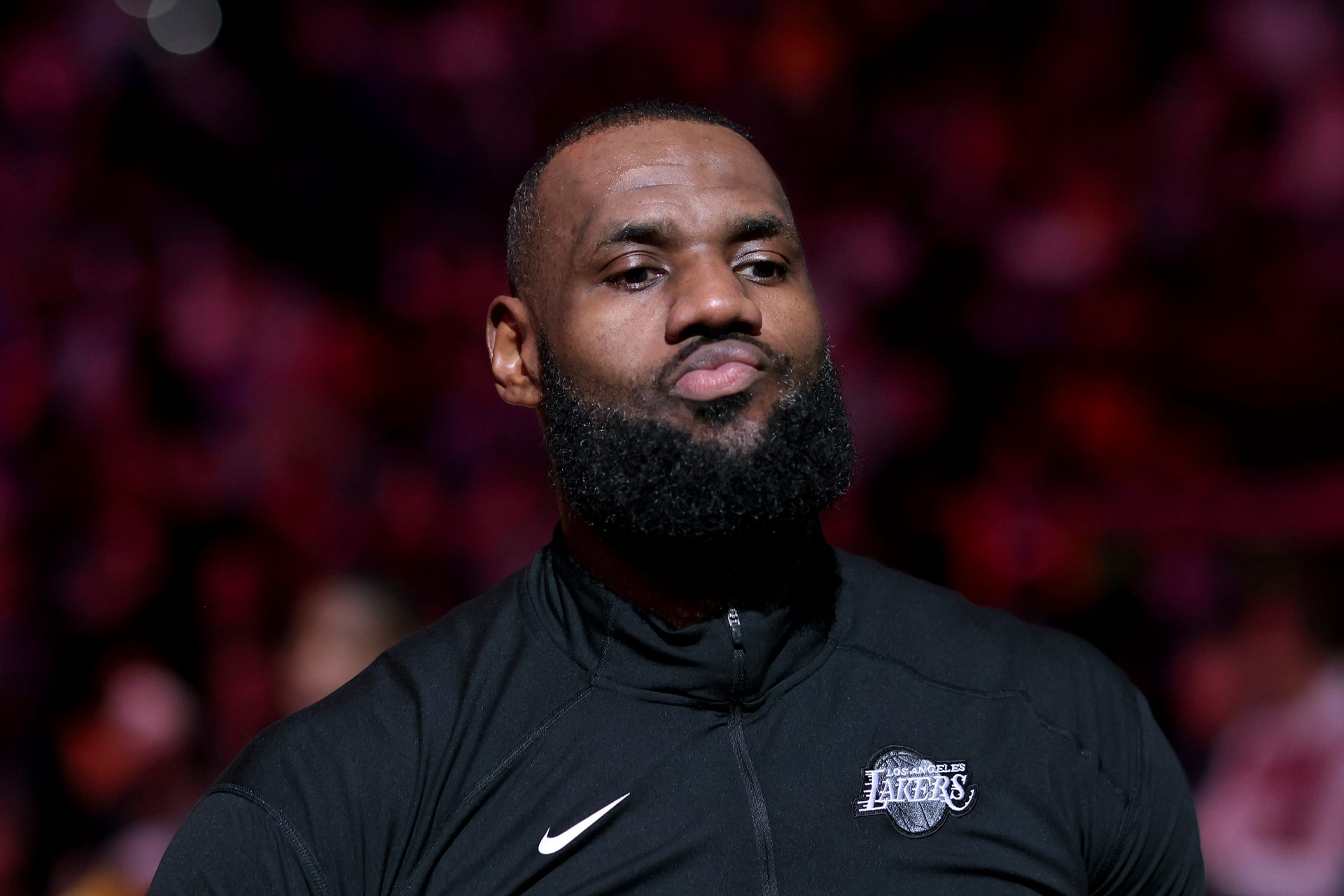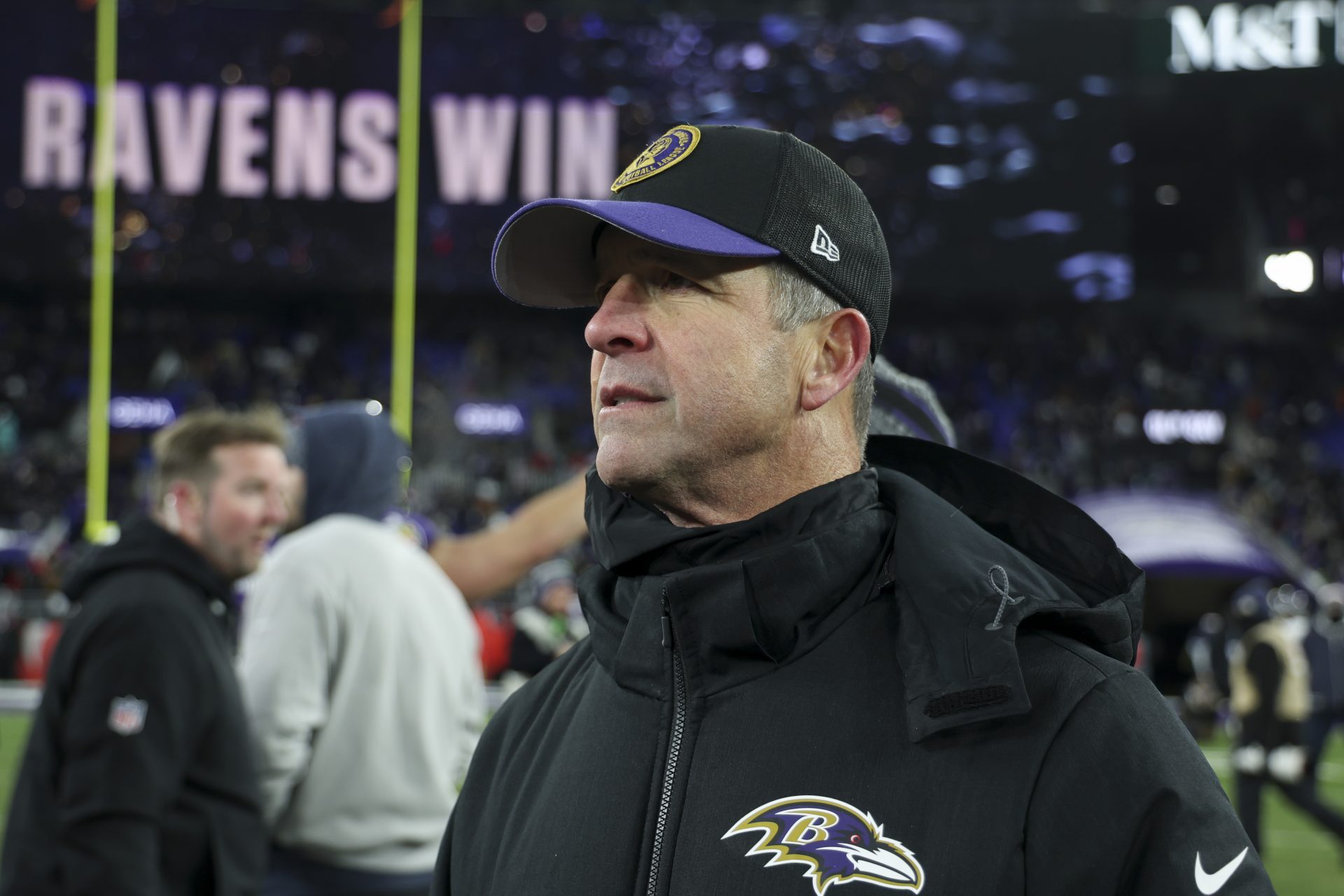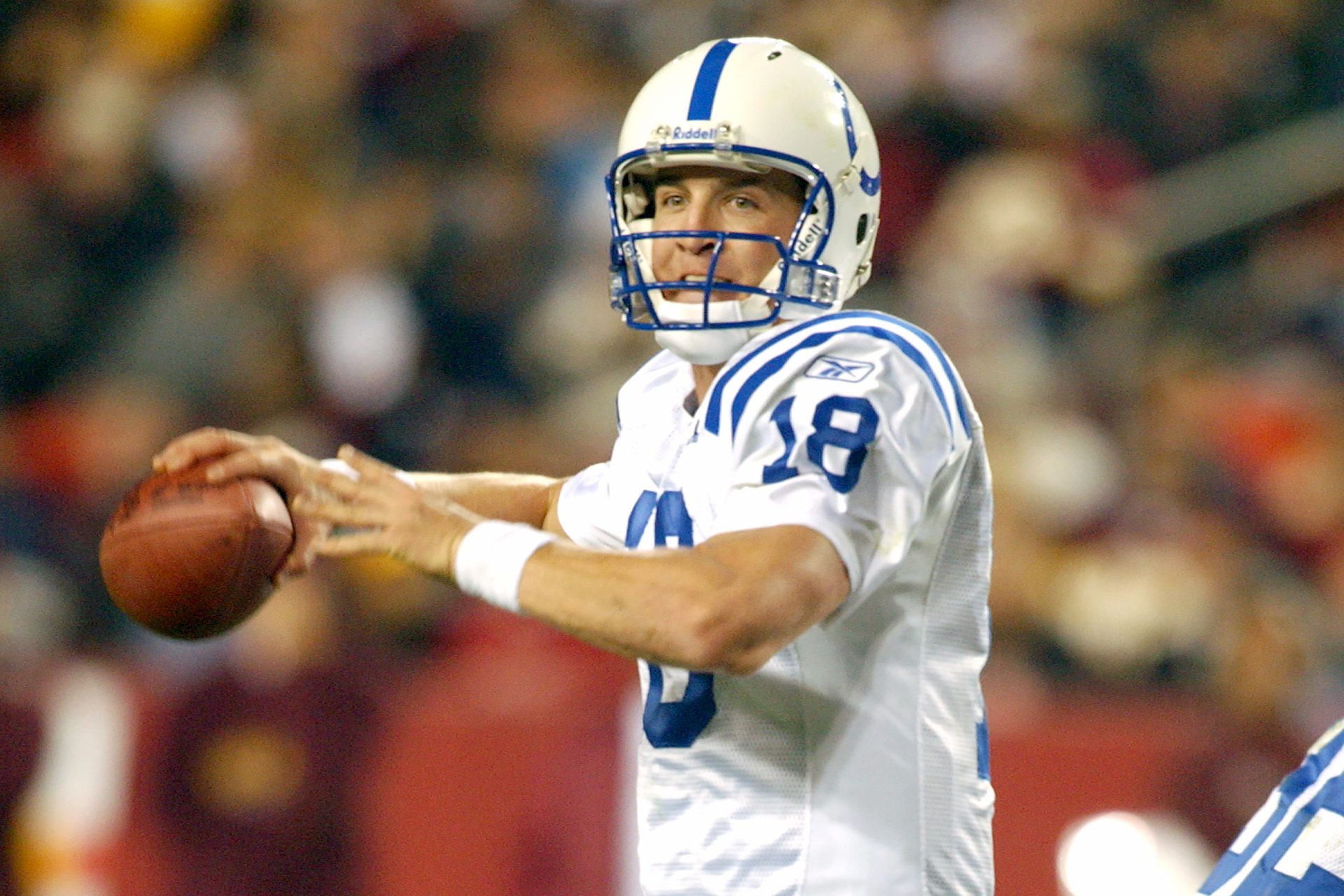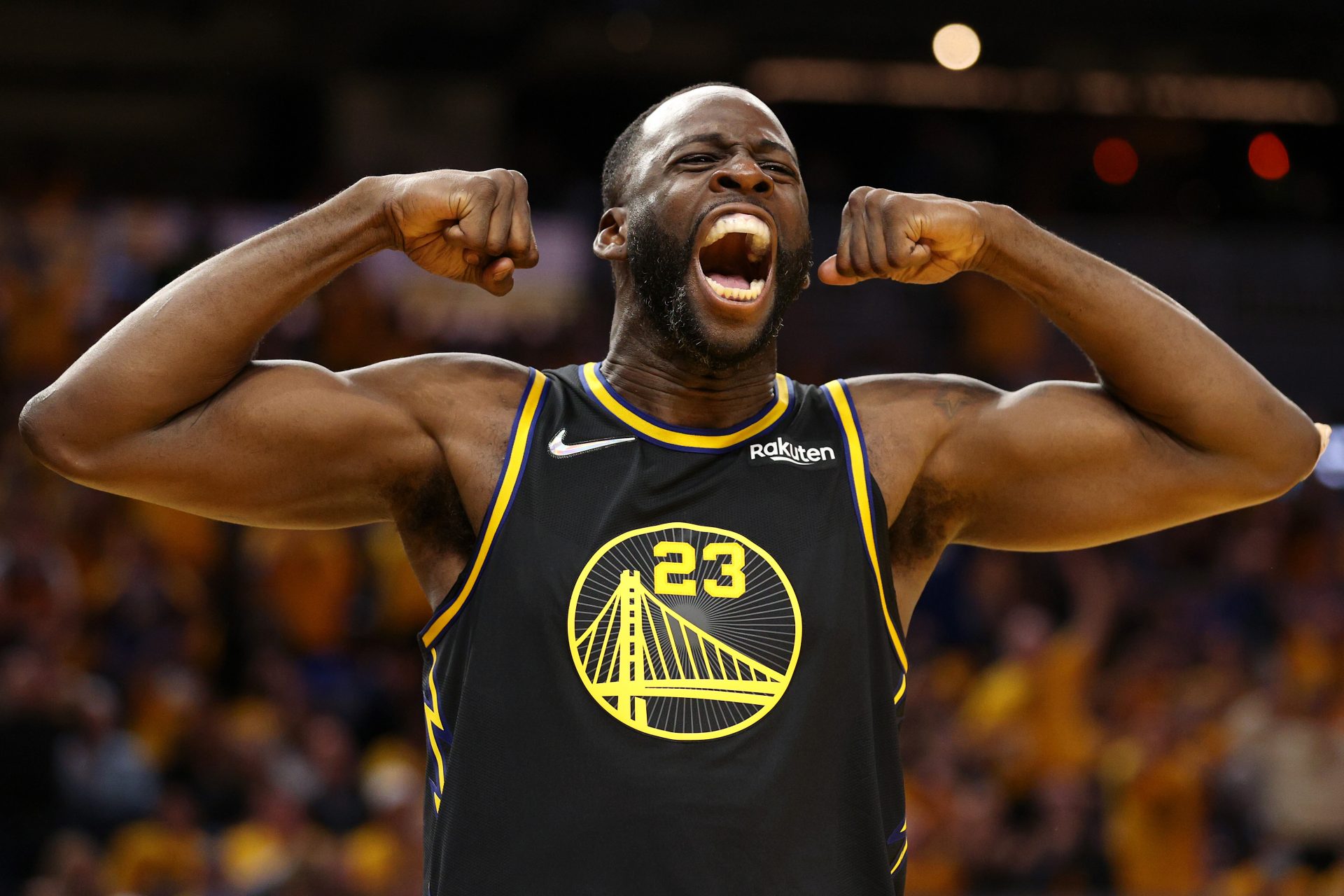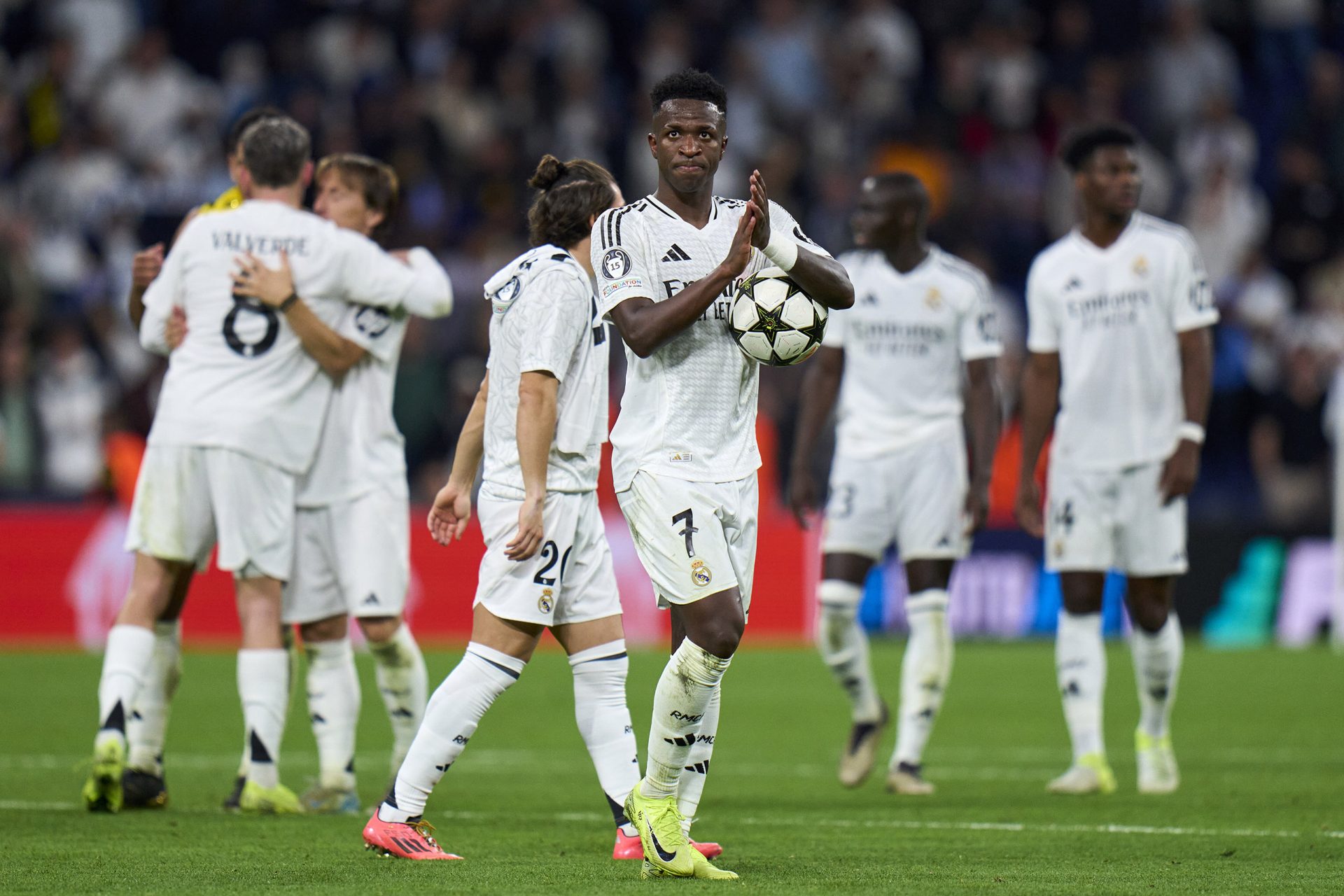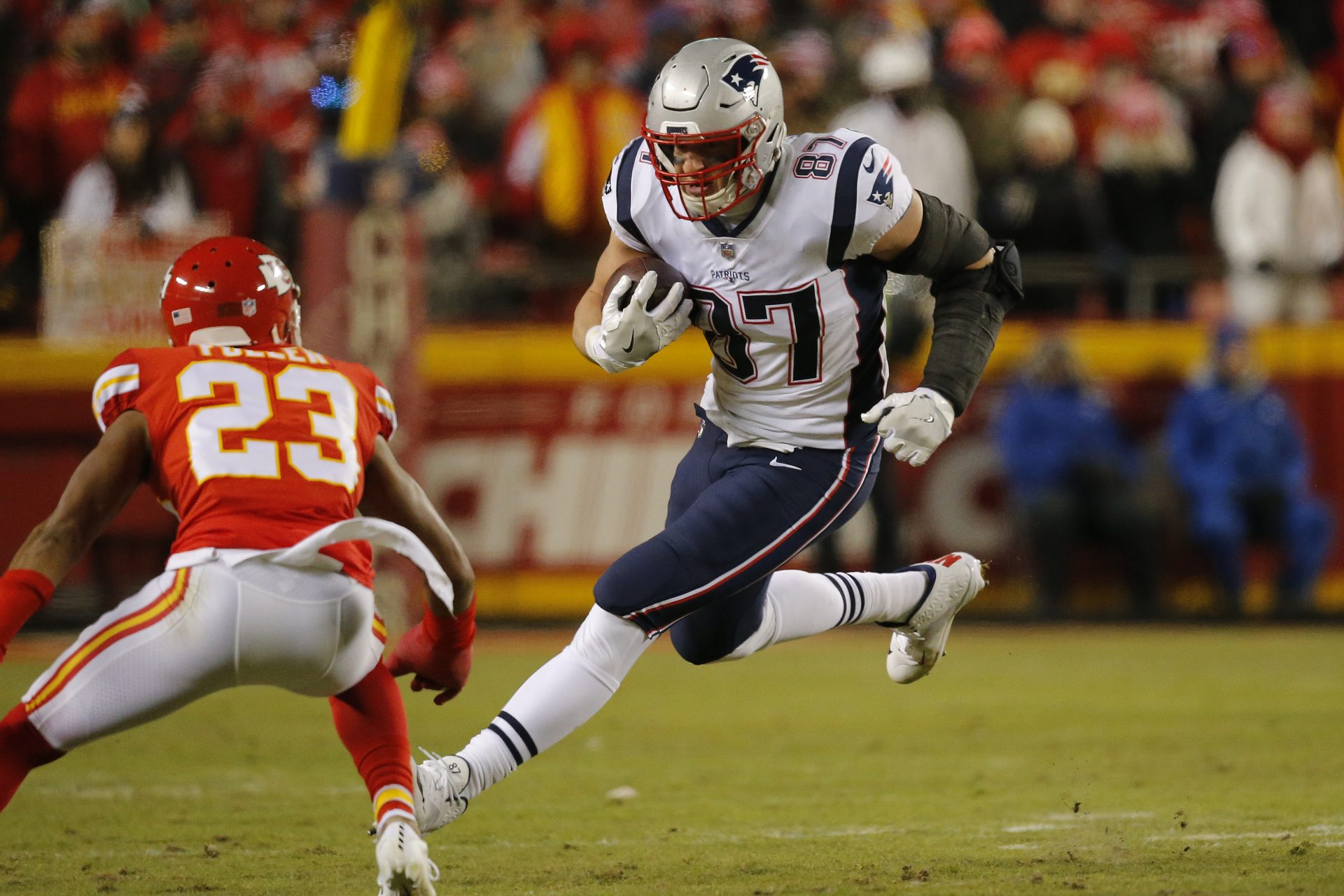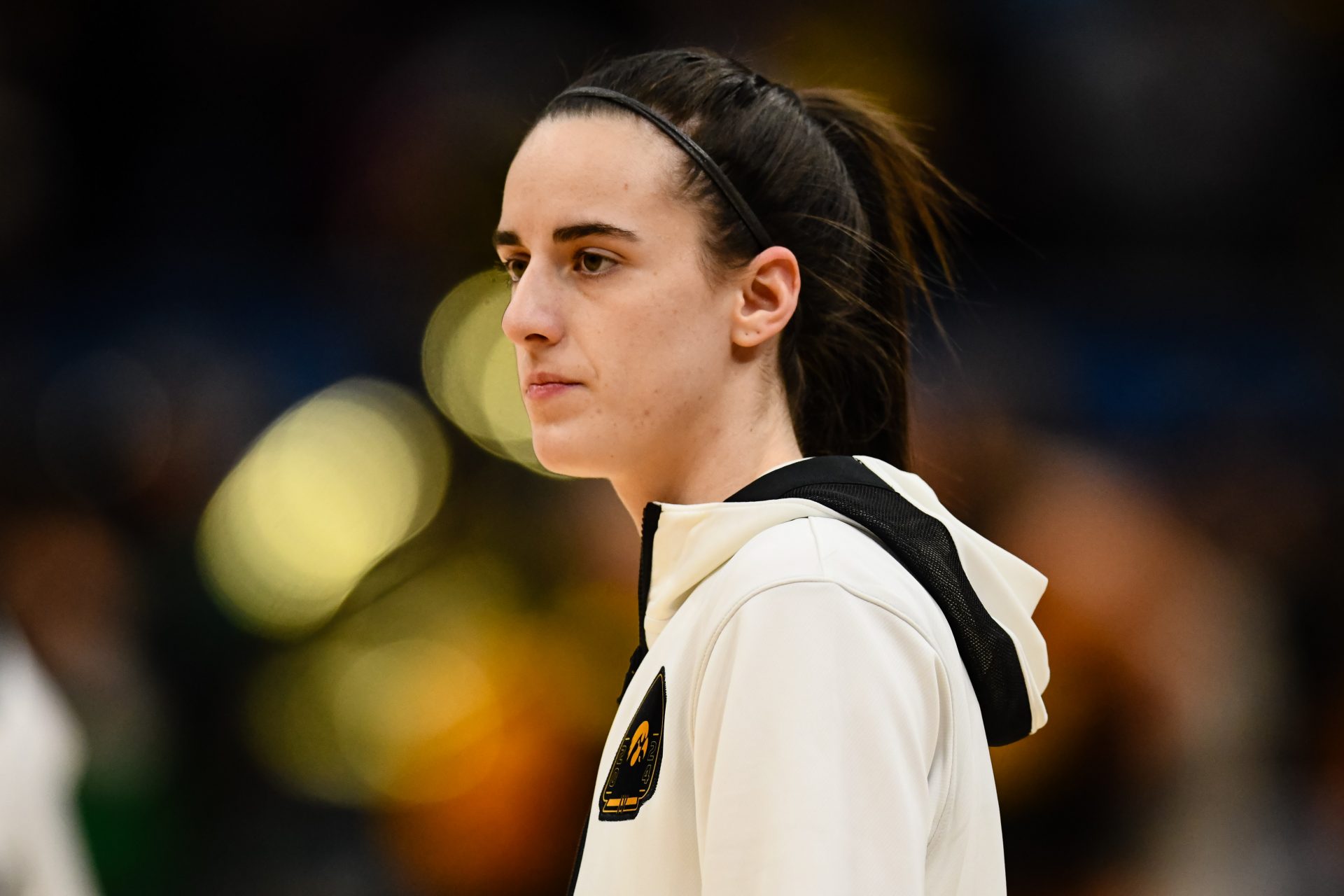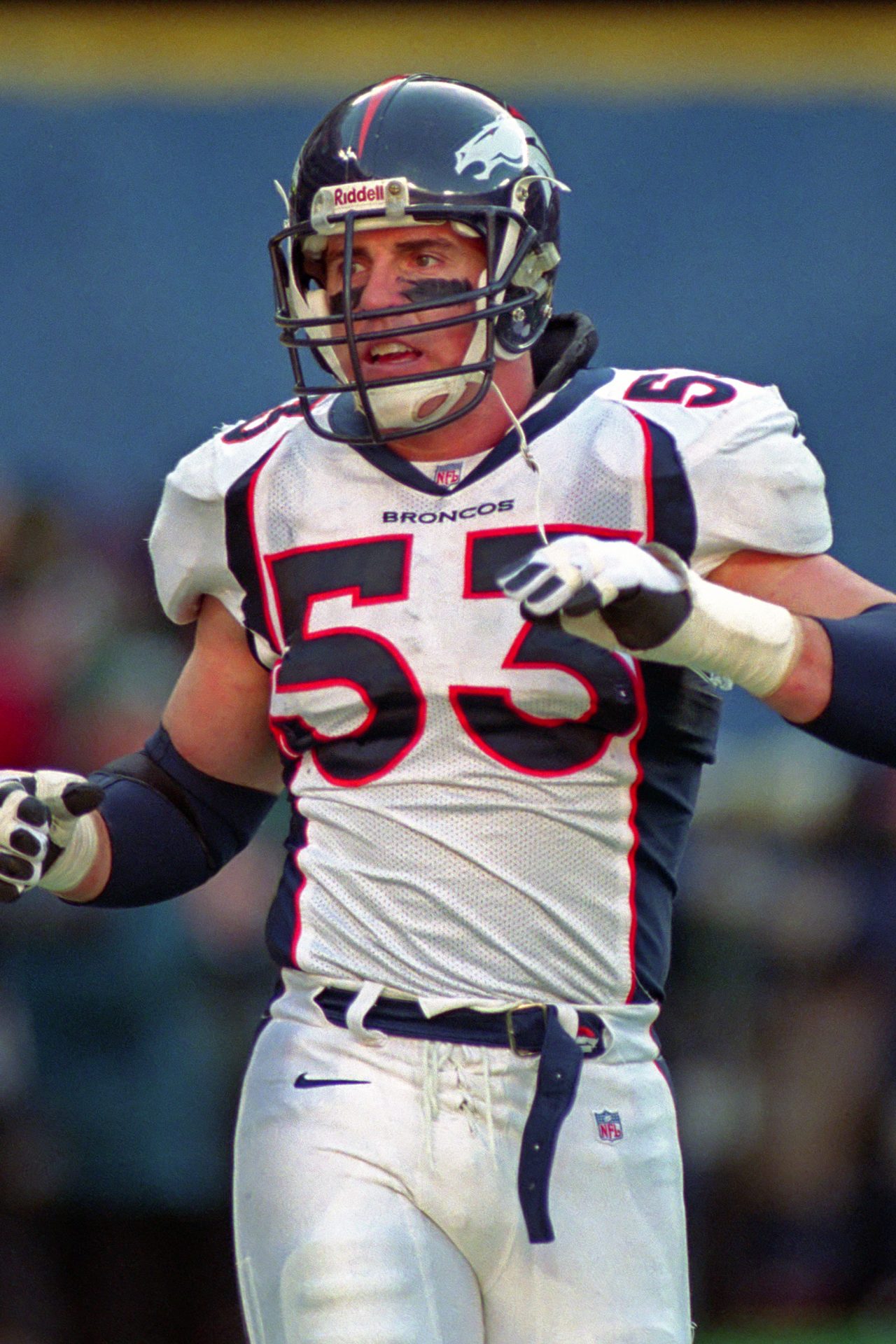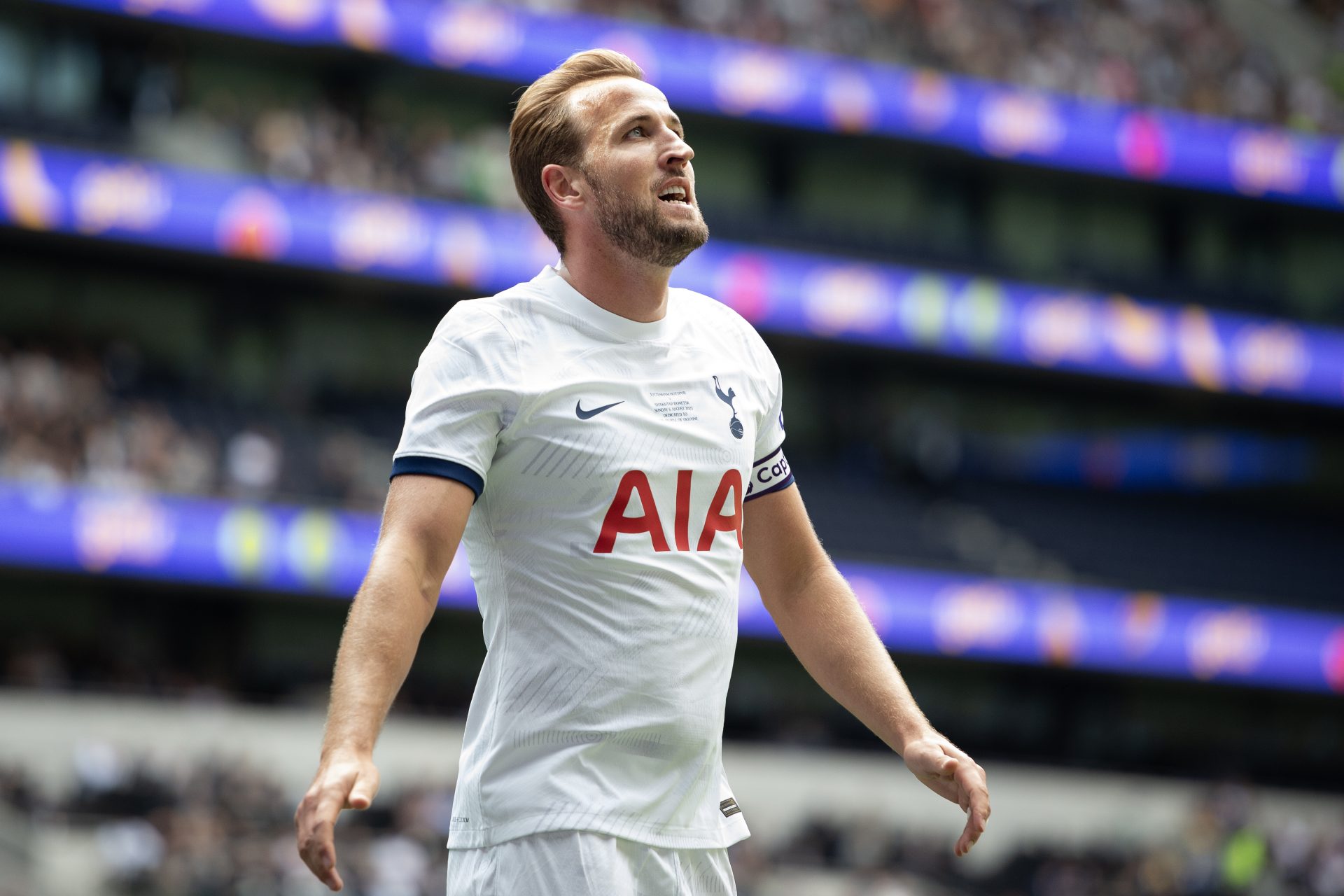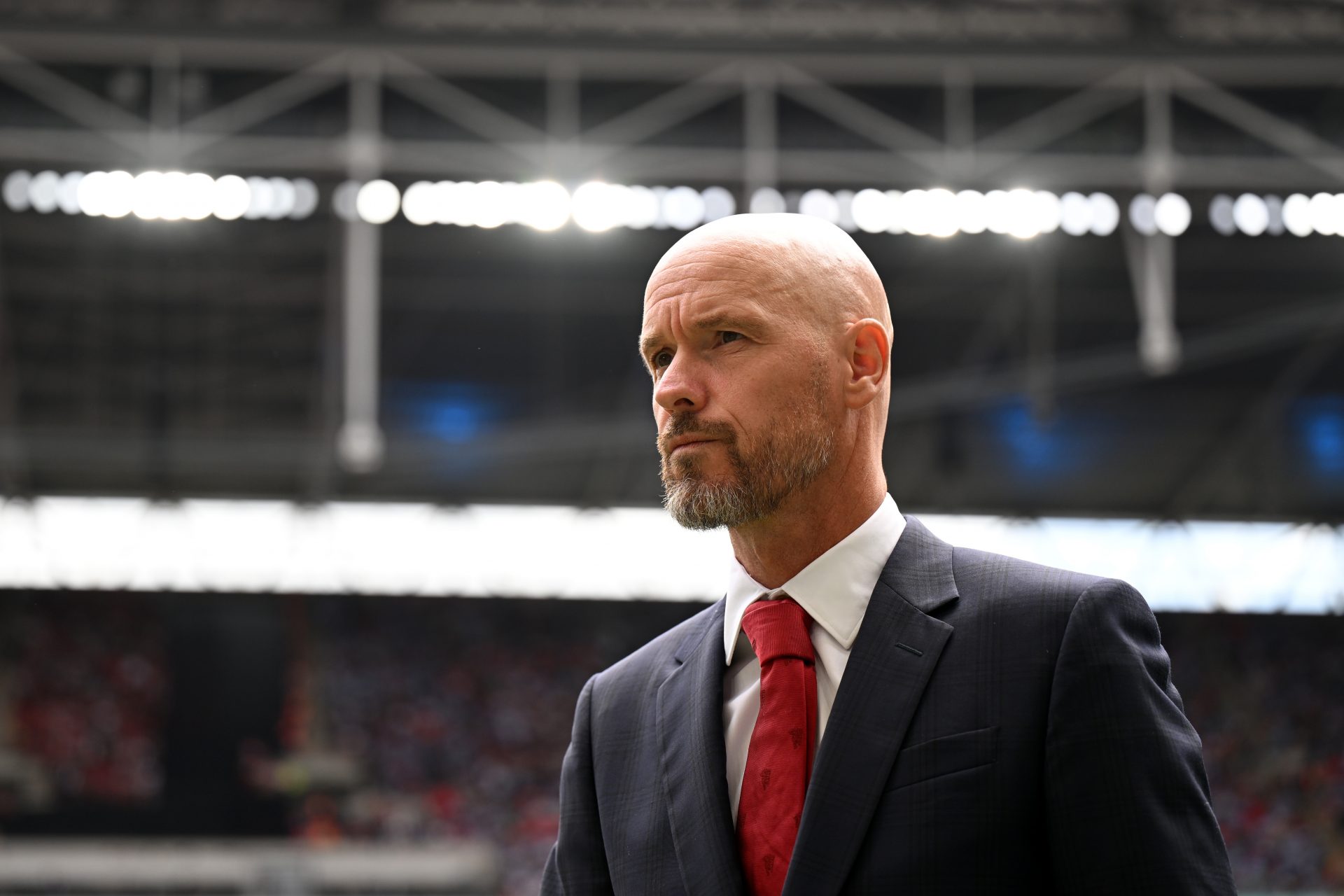What happened to Brazilian football star Romario?
Romario is widely considered one of the most gifted footballers of his generation, with 'Baixinho' ('The Little One') also known for his antics off the pitch. This is Romario's story.
Romario was born in Rio de Janeiro on 29 January 1966.
He began his professional career at local club Vasco da Gama, where he would excel and earn a place in the Brazilian national team for the first time.
Want to see more like this? Follow us here for daily sports news, profiles and analysis!
It was at the 1988 Summer Olympics, however, that Romario introduced himself to the world, with the Brazilian crowning himself top scorer at the tournament and taking the silver medal.
After his strong performances at the Seoul Olympics, he earned a move to Dutch side PSV Eindhoven, his first team in Europe.
In five seasons at PSV, Romario caused a sensation with his dribbling and goal-scoring ability. According to PSV's official website, he scored no fewer than 127 goals in 143 appearances, undeniably leaving his mark on the club's history.
In 1993, Romario joined Johan Cruijff's 'Dream Team' at FC Barcelona, where he would form a fearsome attacking duo with Bulgarian star Hristo Stoichkov.
In his first season, Romario would help Barça win the Spanish title, scoring 30 goals in 33 league games to become the top scorer.
One of Romario's most memorable moments at Barça came against rivals Real Madrid, when he scored a hat-trick in a 5-0 win at Camp Nou.
His outstanding performances for the Catalan giants earned him the title of FIFA World Player of the Year in 1994. Romario was on top of the world at the time, but he was also showing a different side.
In a match against Sevilla, Romario punched rival Diego Simeone in the face, which earned him a five-match ban.
In January 1995, Romario left FC Barcelona and returned to his native country to play for Flamengo.
His stay in Flamengo was interrupted by his return to Spain, to Valencia, after which he would head back to Flamengo in 1999.
In July that same year, Romario re-signed for his first club, Vasco da Gama, where he was once again paired up up front with his compatriot Edmundo. The Brazilian again showed his class, scoring many goals and leading Vasco to two trophies: the Brazilian league title and the Copa Mercosur.
In 2002, Romario joined Fluminense on a free transfer, a spell that was interrupted shortly by a move to Qatar's Al Sadd.
Want to see more like this? Follow us here for daily sports news, profiles and analysis!
In 2004, Fluminense sacked Romario, who had a conflict with his coach and a row with a fan. The Brazilian then left to play for ... Vasco da Gama, that's right.
In 2006, he signed a contract with Miami FC, where he played alongside compatriot Zinho, before moving to Adelaide United in Australia.
Romario, nearing the end of his career, then returned to Vasco da Gama, the club he felt most at home, where he enjoyed a brief spell as a player/manager.
During his time at Vasco, Romario failed an anti-doping test in late October 2007 for using finasteride, a substance to prevent hair loss. He was punished with a 120-day ban, but was later acquitted of all charges.
In February 2008, Romario announced his retirement from football for the first time, but would make a brief comeback with América-RJ before retiring again in early 2010.
During his rather chaotic club career, Romario also excelled in the Brazilian national team.
After a great performance at the 1988 Olympics, he helped Brazil win the Copa América a year later, scoring the winning goal in the final against Uruguay in Maracanã.
After a disappointing 1990 FIFA World Cup with limited playing time, Romario was one of Brazil's star performers at the 1994 edition.
Romario and fellow striker Bebeto led Brazil to their fourth World Cup title, with the former scoring five goals.
Romario missed the 1998 FIFA World Cup due to injury, which caused him to burst into tears at a press conference. Four years later, he was left out of Luiz Felipe Scolari's (pictured) squad as Brazil won their fifth World Cup title.
Over the course of his career, Romario would score 55 goals for Brazil in 71 appearances, according to specialized football website Transfermarkt.
During and after his pro career, Romario enjoyed himself playing footvolley and beach soccer, representing Brazil at the 2005 FIFA Beach Soccer World Cup.
Like his football career, Romario's personal life has been rather chaotic and unstable.
The former football star has been married three times and has six children with four different women.
One of his children, Romarinho, tried his luck in professional football, playing for Vasco da Gama, but never reached his father's level.
One of his other children, his daughter Ivy, was diagnosed with Down syndrome.
In addition to dedicating himself to his children, Romario also became involved in politics after his career, even becoming an elected senator in Brazil.
Want to see more like this? Follow us here for daily sports news, profiles and analysis!
Romario will always be remembered as a brilliant footballer who scored many magnificent goals, but also as a person with a strong personality off the pitch.
More for you
Top Stories



